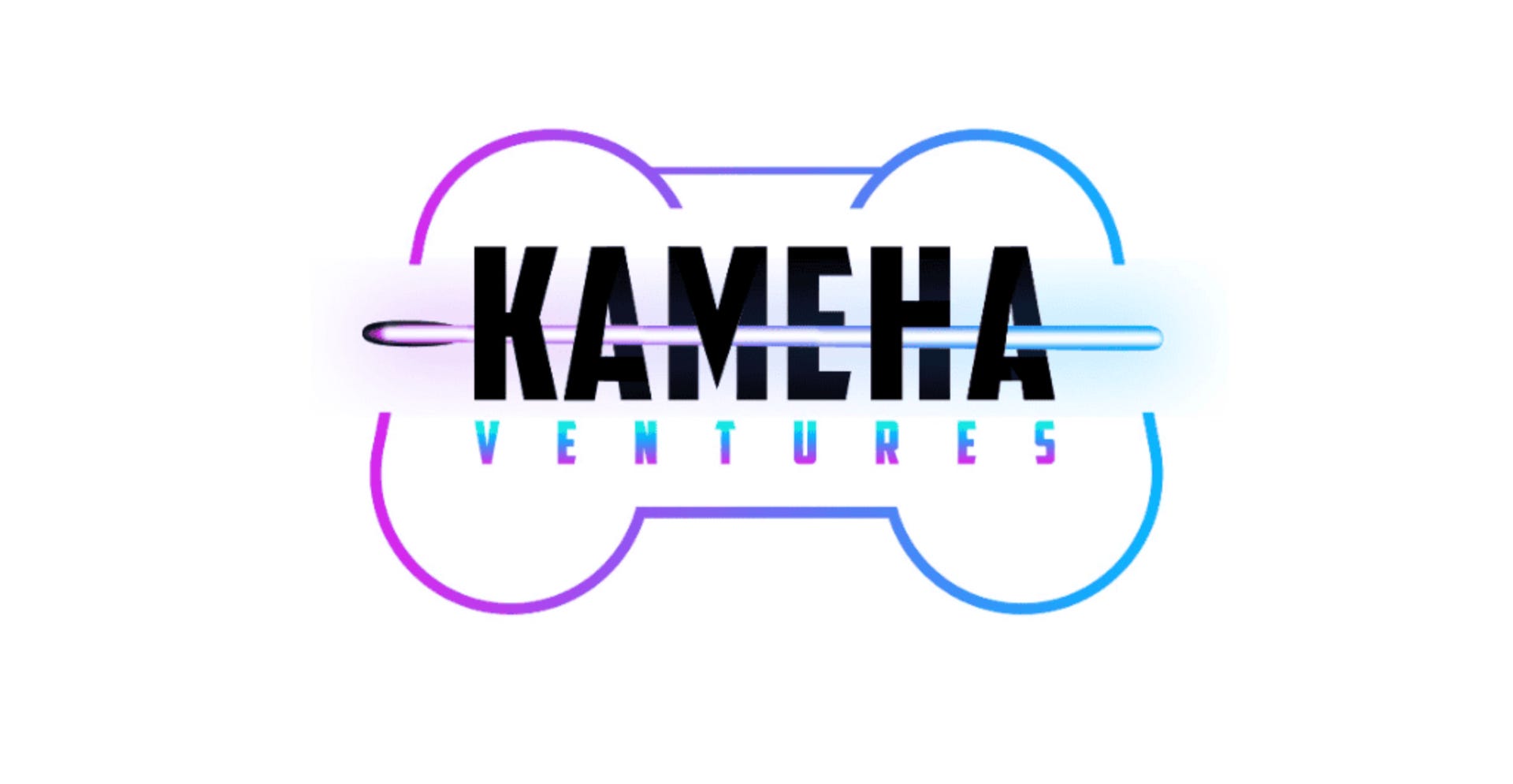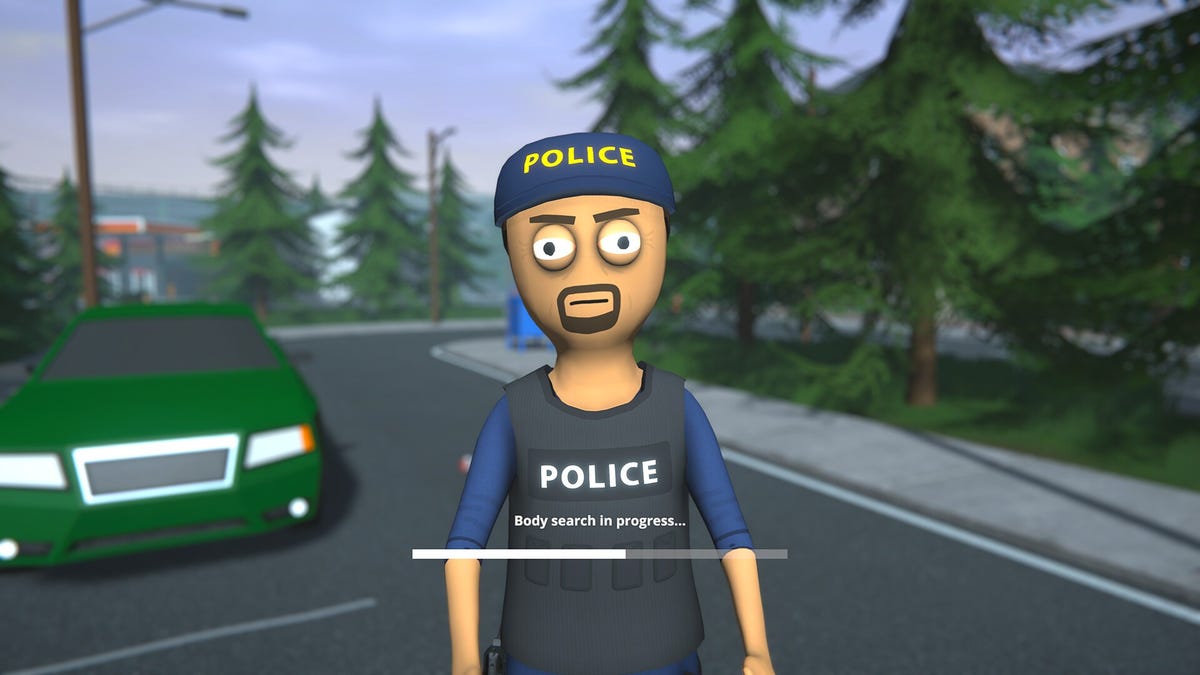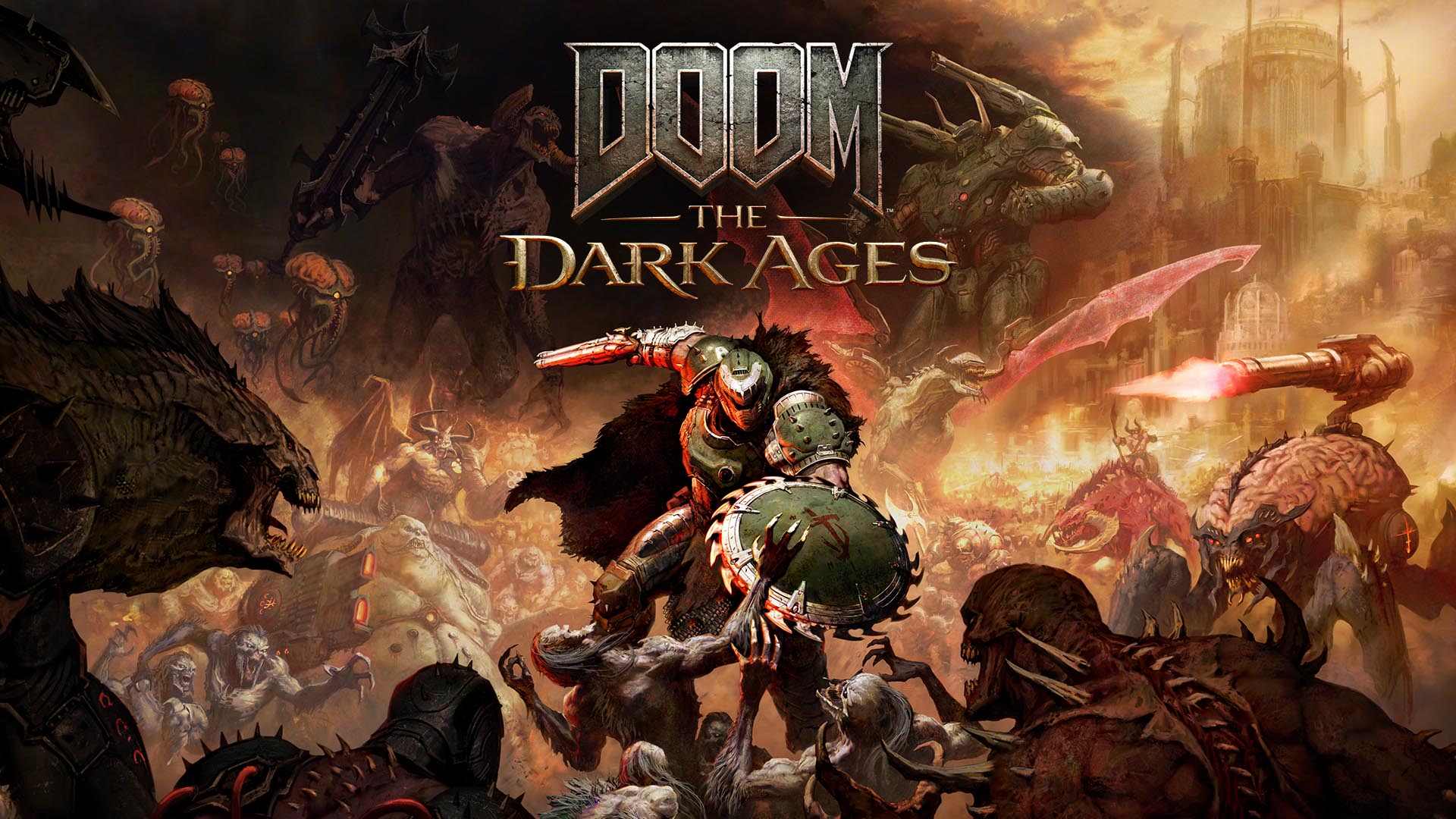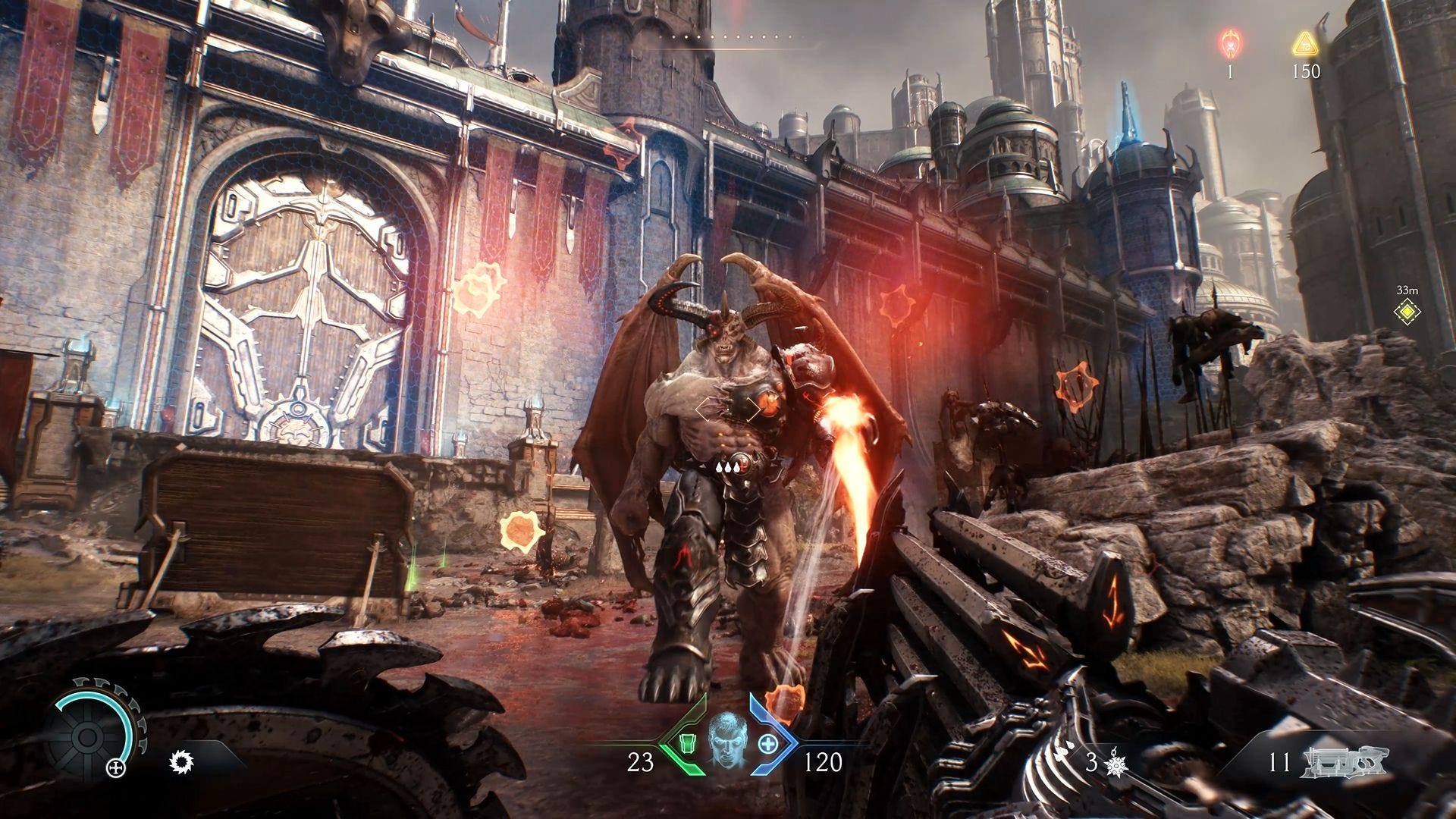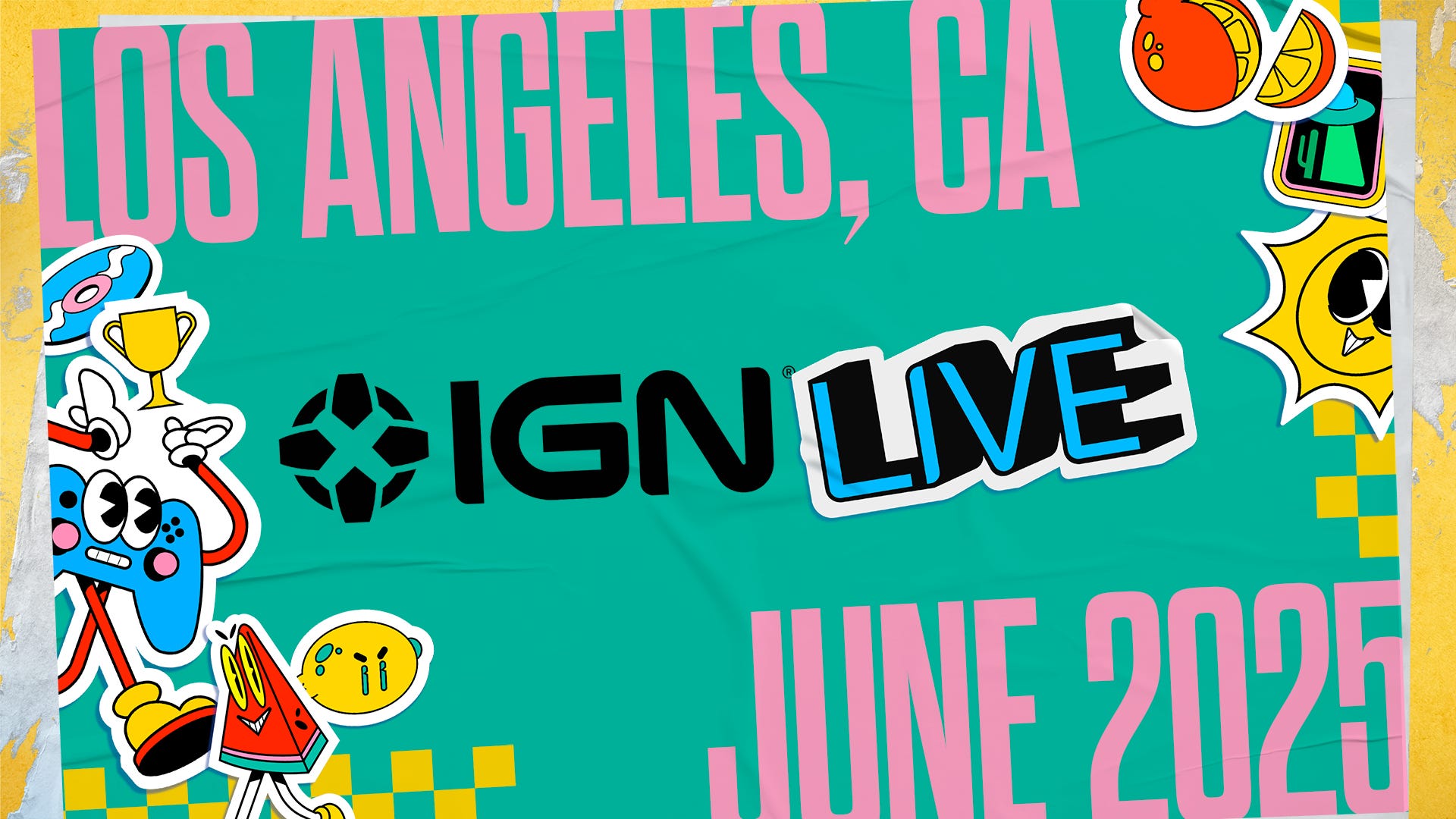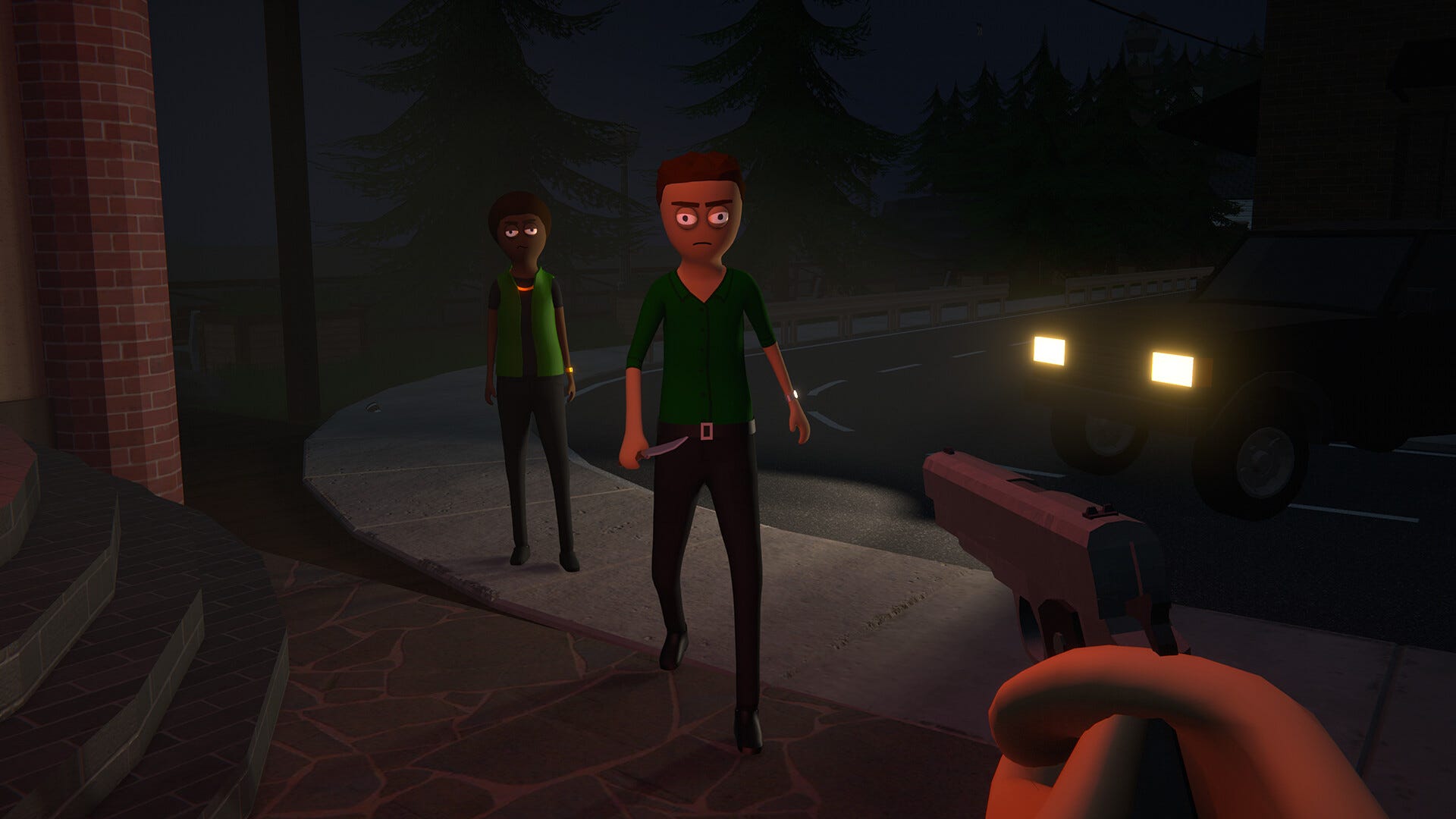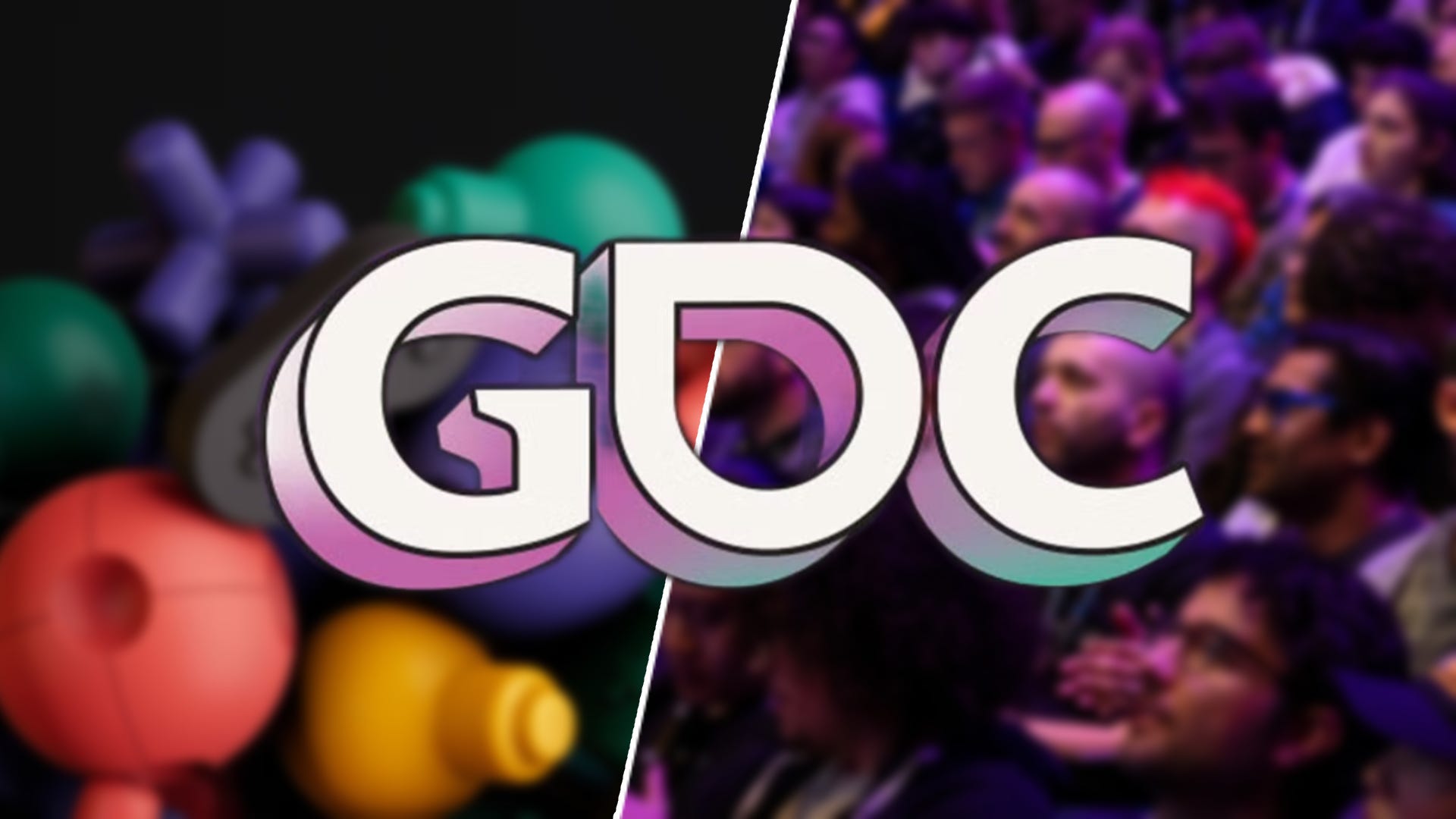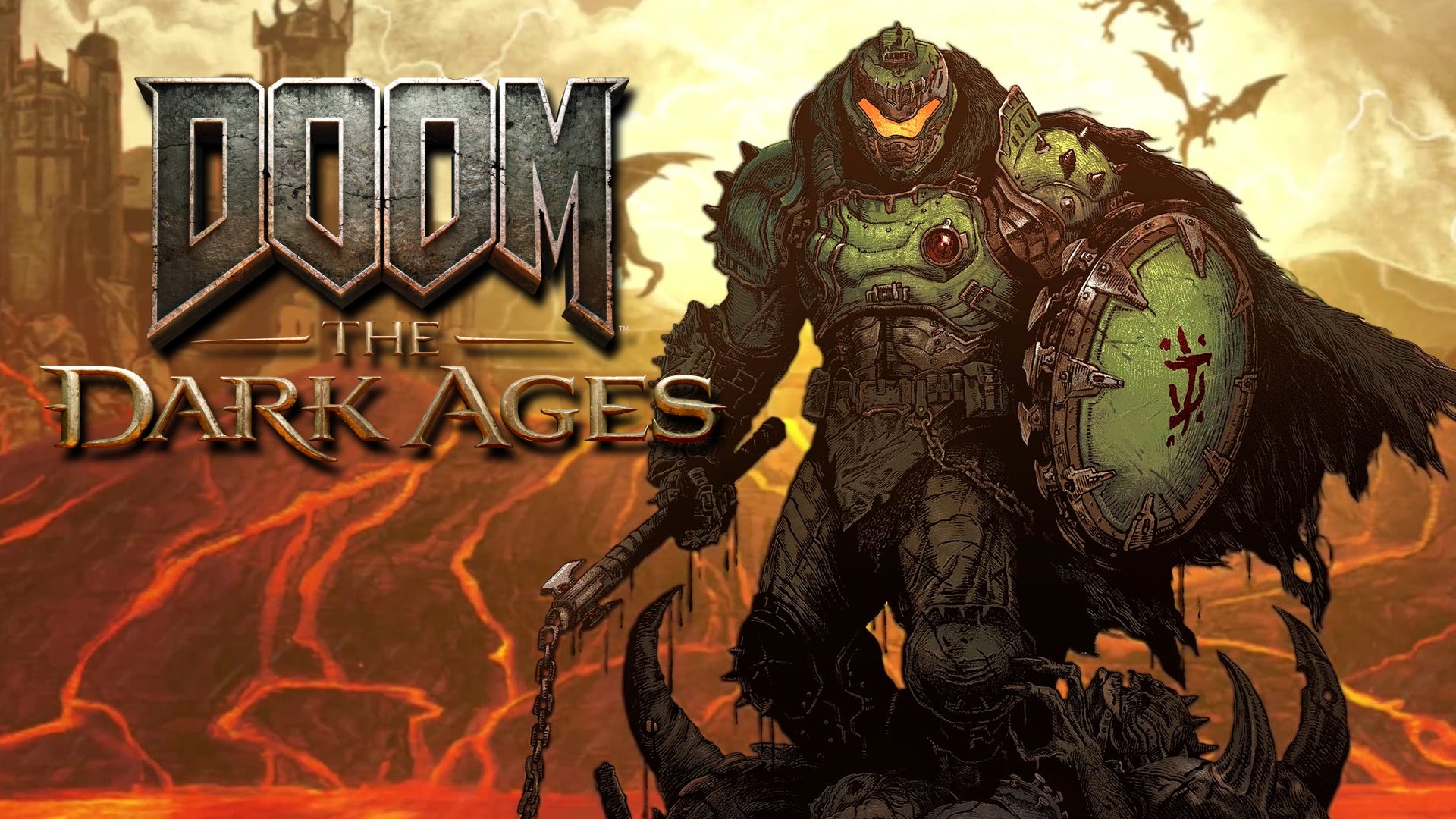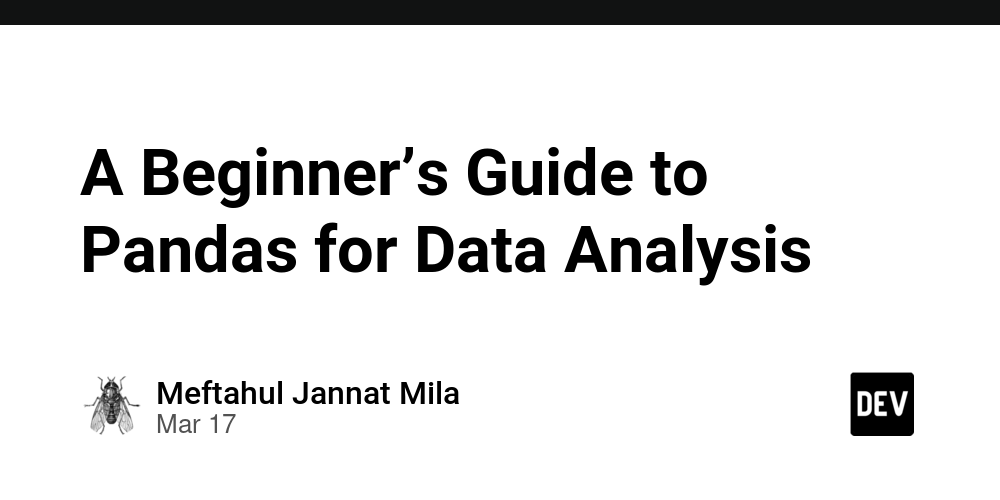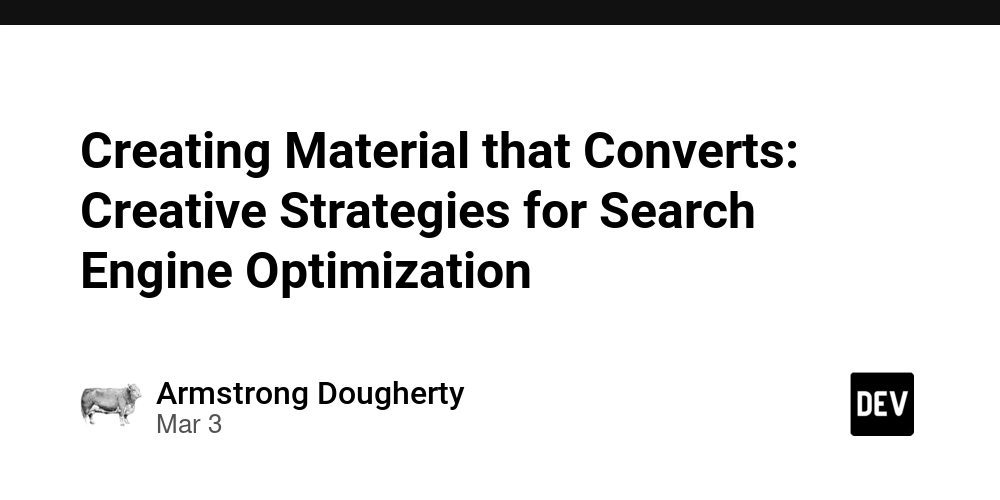The AI Revolution in Software Engineering: What Stays, What Changes?
For years, software engineering has been a craft honed through experience, deep problem-solving, and mastery of complex systems. But now, with the rise of AI-powered coding assistants like GitHub Copilot, ChatGPT, and CodeWhisperer, the industry is shifting rapidly. Developers can generate boilerplate code, refactor functions, and debug errors with AI assistance—but does this mean software engineering as a skill is becoming obsolete? The answer is a resounding no. Instead of replacing engineers, AI is reshaping the role of software developers, pushing them toward higher-level thinking, architecture design, and AI-enhanced productivity. Let’s break down what’s changing, what’s staying the same, and how developers can stay ahead in this AI-powered world. What’s Changing? Code Generation is No Longer the Bottleneck Traditionally, writing efficient code was a core skill. Now, AI tools can generate code snippets, complete functions, and even build entire modules in seconds. The bottleneck has shifted from writing code to understanding, validating, and integrating AI-generated code effectively. AI-Assisted Debugging and Optimization Finding bugs and optimizing performance used to require hours of deep work. AI now suggests fixes instantly. However, AI doesn’t always get it right—developers must refine and validate AI-generated solutions, ensuring they align with best practices. The Hiring Landscape is Shifting Recruiters and hiring managers are placing less emphasis on syntax-heavy coding tests. Instead, they focus on: System design skills – Can you architect scalable, fault-tolerant systems? Debugging and optimization – Can you spot and fix AI-generated inefficiencies? AI-augmented workflows – Do you know when and how to use AI effectively without over-relying on it? What’s Staying the Same? Strong Fundamentals Still Matter While AI tools help with syntax, developers still need to understand data structures, algorithms, and design patterns. AI can generate code, but it can’t teach you why a solution is optimal. Problem-Solving and Critical Thinking Software engineering has always been about solving problems, not just writing code. AI assists, but it doesn’t replace the human ability to make trade-offs, think critically, and design robust systems. Collaboration and Communication Engineering is more than just coding—it’s working with teams, designing scalable solutions, and understanding business needs. AI won’t replace discussions around architecture, system constraints, and strategic decision-making. How to Stay Ahead as a Developer Master System Design – With AI handling low-level code, engineers who can architect large-scale applications will stand out. Focus on AI-Augmented Development – Learn when to use AI for efficiency and when to rely on manual expertise. Refine Debugging Skills – AI-generated code isn’t always optimal; knowing how to refine and improve it is a valuable skill. Showcase Real-World Projects – Employers now care more about how you apply AI tools than just knowing syntax. Keep Learning – AI tools will continue evolving, but software engineering fundamentals will always be relevant. Final Thoughts AI isn’t making software engineering obsolete—it’s evolving the field. Developers who embrace AI as a productivity tool, rather than a replacement, will thrive. The future belongs to those who can leverage AI for efficiency while bringing in human intuition, creativity, and strategic thinking. Are you ready for the AI-powered future of software development? Let’s build it together.
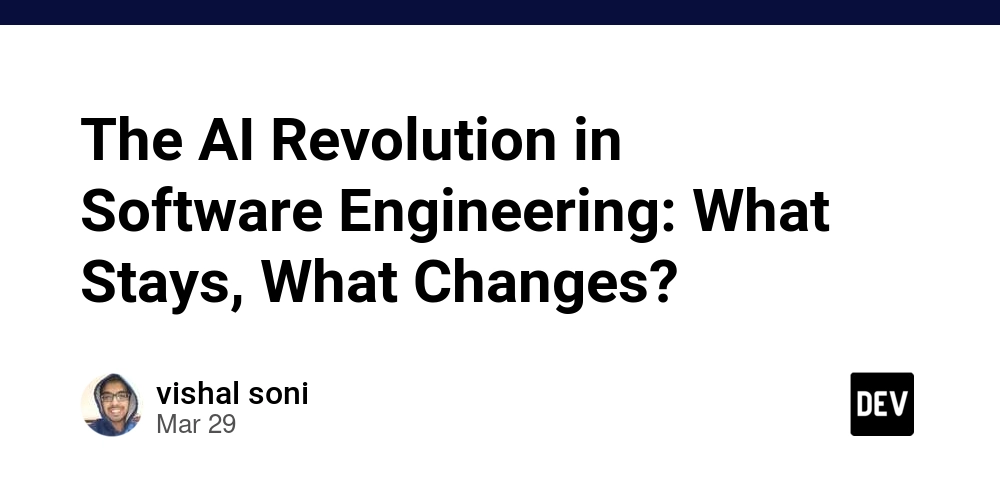
For years, software engineering has been a craft honed through experience, deep problem-solving, and mastery of complex systems. But now, with the rise of AI-powered coding assistants like GitHub Copilot, ChatGPT, and CodeWhisperer, the industry is shifting rapidly. Developers can generate boilerplate code, refactor functions, and debug errors with AI assistance—but does this mean software engineering as a skill is becoming obsolete?
The answer is a resounding no. Instead of replacing engineers, AI is reshaping the role of software developers, pushing them toward higher-level thinking, architecture design, and AI-enhanced productivity. Let’s break down what’s changing, what’s staying the same, and how developers can stay ahead in this AI-powered world.
What’s Changing?
- Code Generation is No Longer the Bottleneck
Traditionally, writing efficient code was a core skill. Now, AI tools can generate code snippets, complete functions, and even build entire modules in seconds. The bottleneck has shifted from writing code to understanding, validating, and integrating AI-generated code effectively.
- AI-Assisted Debugging and Optimization
Finding bugs and optimizing performance used to require hours of deep work. AI now suggests fixes instantly. However, AI doesn’t always get it right—developers must refine and validate AI-generated solutions, ensuring they align with best practices.
- The Hiring Landscape is Shifting
Recruiters and hiring managers are placing less emphasis on syntax-heavy coding tests. Instead, they focus on:
System design skills – Can you architect scalable, fault-tolerant systems?
Debugging and optimization – Can you spot and fix AI-generated inefficiencies?
AI-augmented workflows – Do you know when and how to use AI effectively without over-relying on it?
What’s Staying the Same?
- Strong Fundamentals Still Matter
While AI tools help with syntax, developers still need to understand data structures, algorithms, and design patterns. AI can generate code, but it can’t teach you why a solution is optimal.
- Problem-Solving and Critical Thinking
Software engineering has always been about solving problems, not just writing code. AI assists, but it doesn’t replace the human ability to make trade-offs, think critically, and design robust systems.
- Collaboration and Communication
Engineering is more than just coding—it’s working with teams, designing scalable solutions, and understanding business needs. AI won’t replace discussions around architecture, system constraints, and strategic decision-making.
How to Stay Ahead as a Developer
Master System Design – With AI handling low-level code, engineers who can architect large-scale applications will stand out.
Focus on AI-Augmented Development – Learn when to use AI for efficiency and when to rely on manual expertise.
Refine Debugging Skills – AI-generated code isn’t always optimal; knowing how to refine and improve it is a valuable skill.
Showcase Real-World Projects – Employers now care more about how you apply AI tools than just knowing syntax.
Keep Learning – AI tools will continue evolving, but software engineering fundamentals will always be relevant.
Final Thoughts
AI isn’t making software engineering obsolete—it’s evolving the field. Developers who embrace AI as a productivity tool, rather than a replacement, will thrive. The future belongs to those who can leverage AI for efficiency while bringing in human intuition, creativity, and strategic thinking.
Are you ready for the AI-powered future of software development? Let’s build it together.





















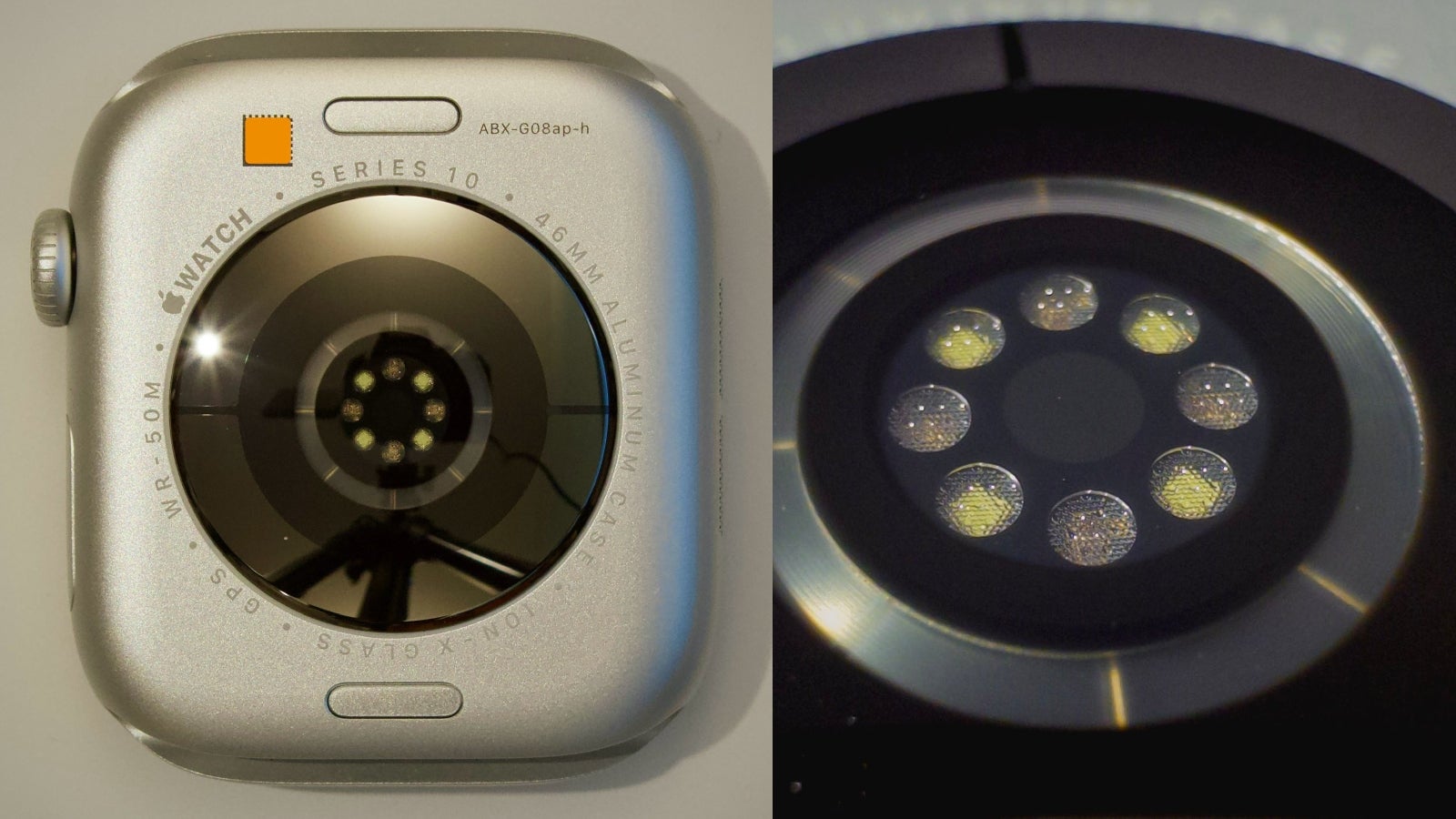
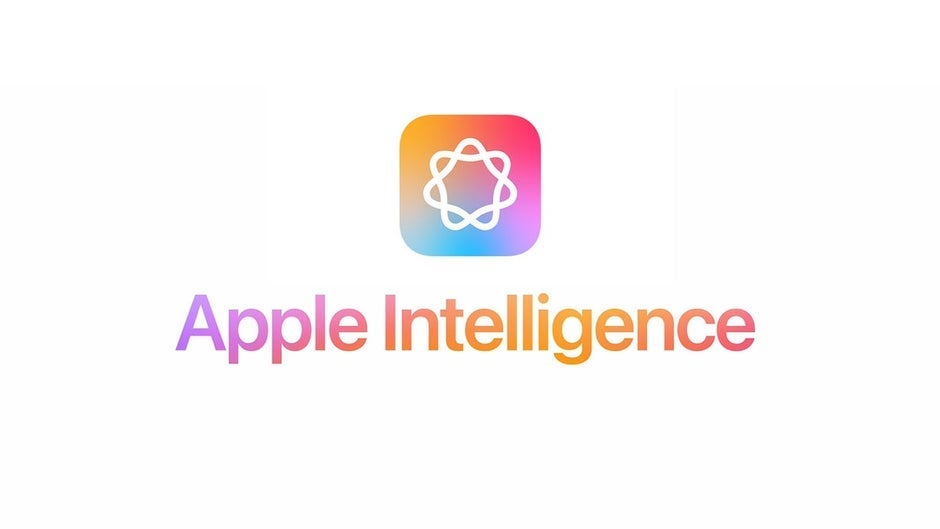





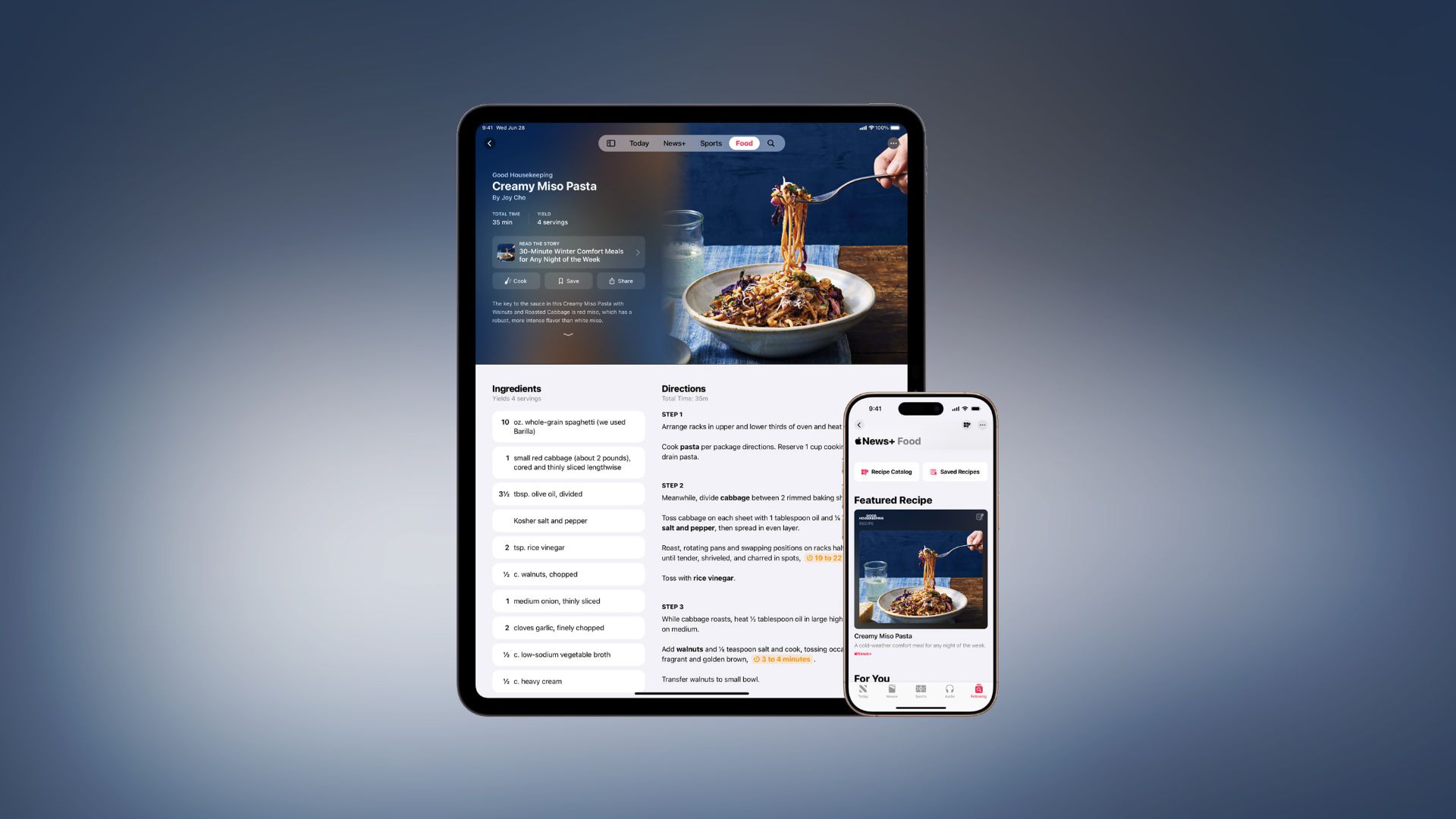

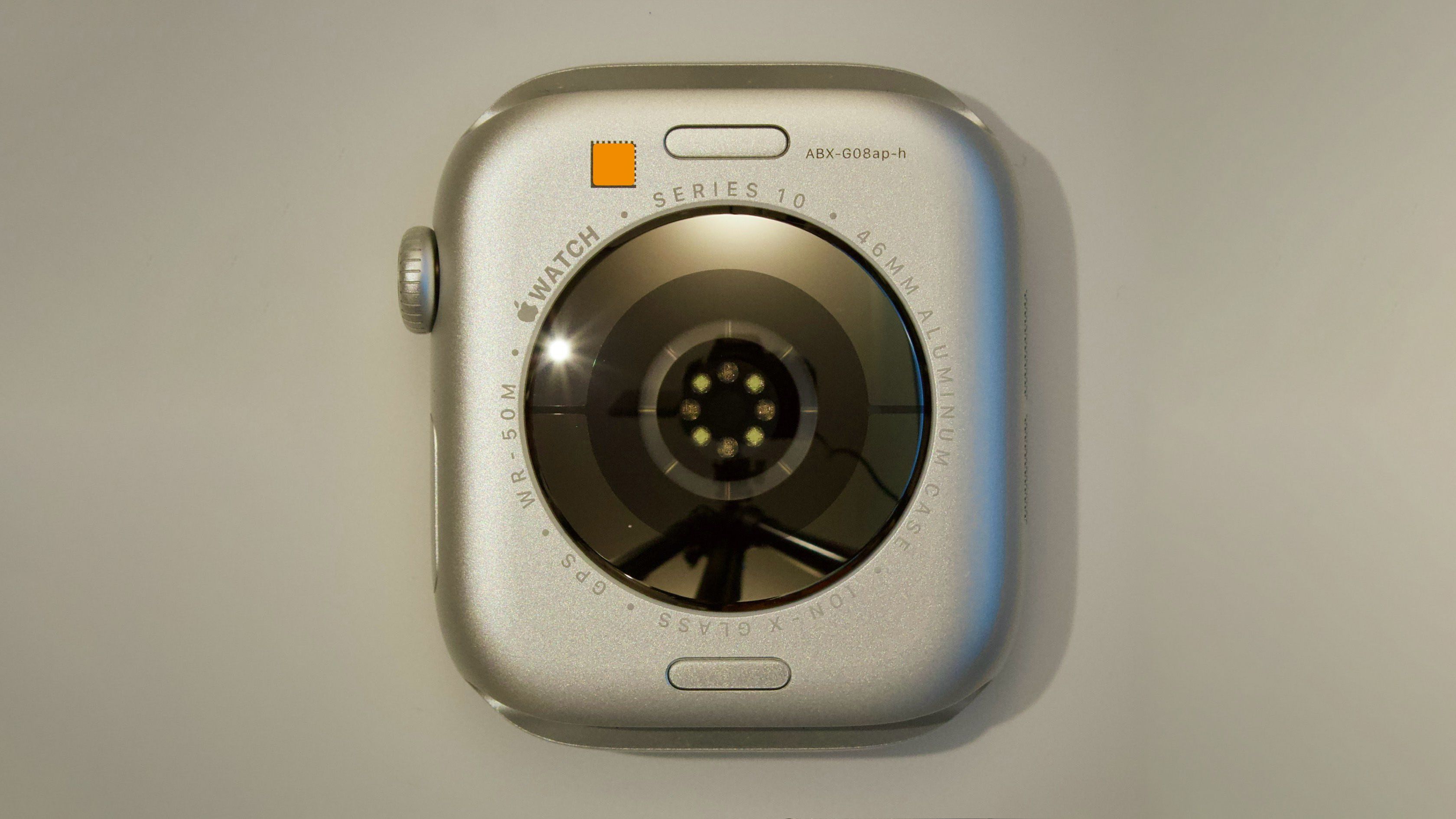
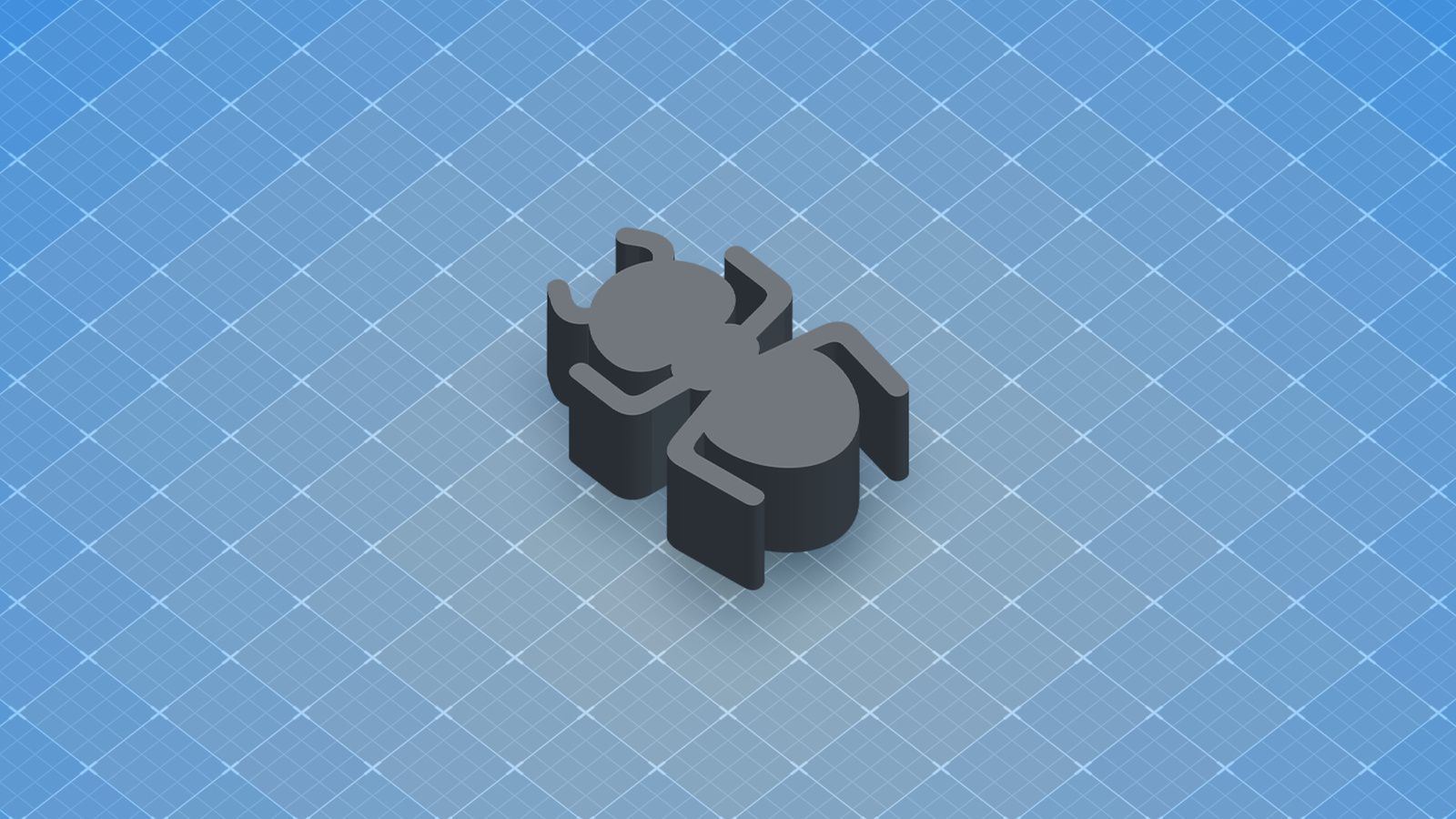

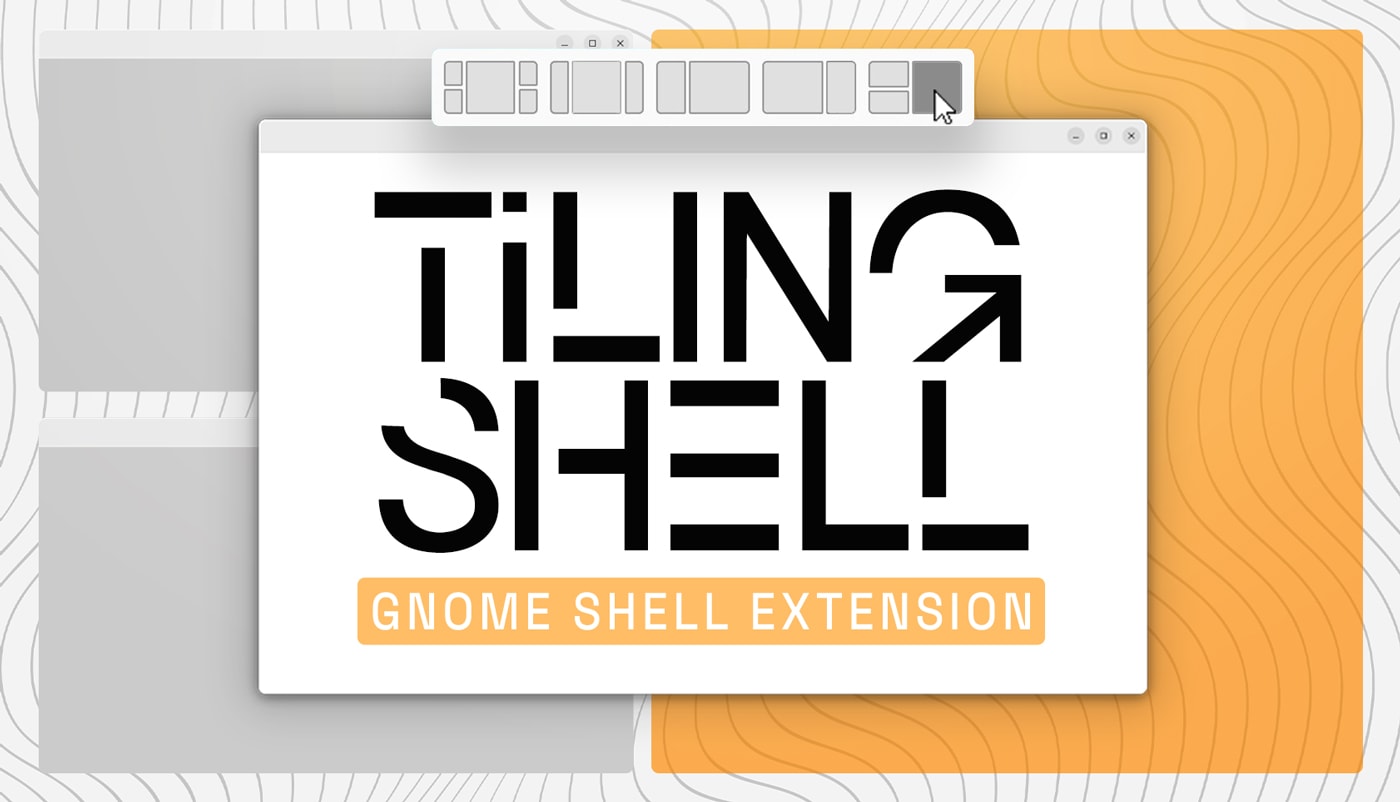












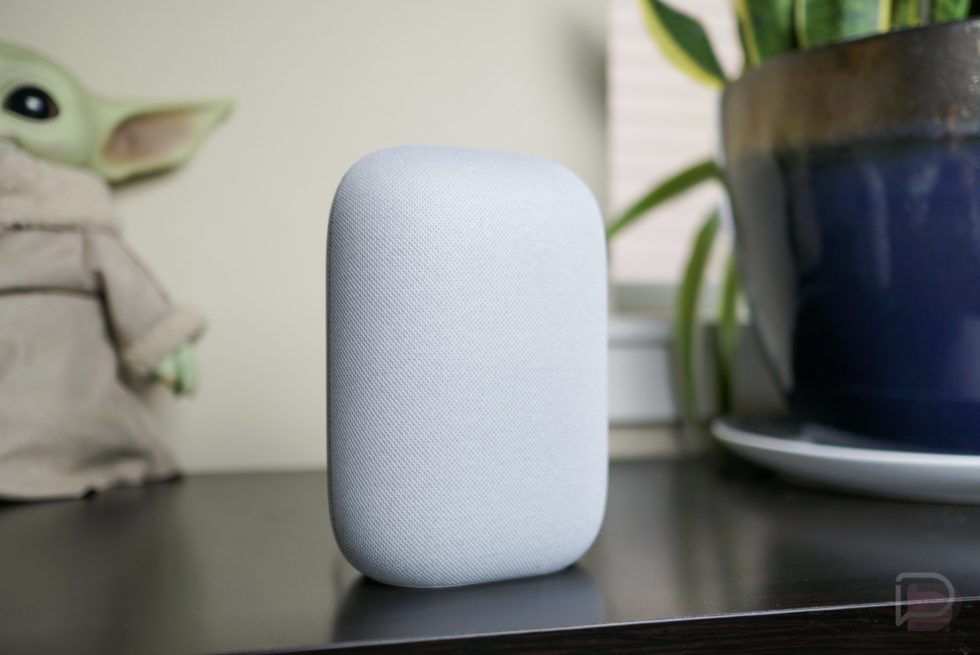

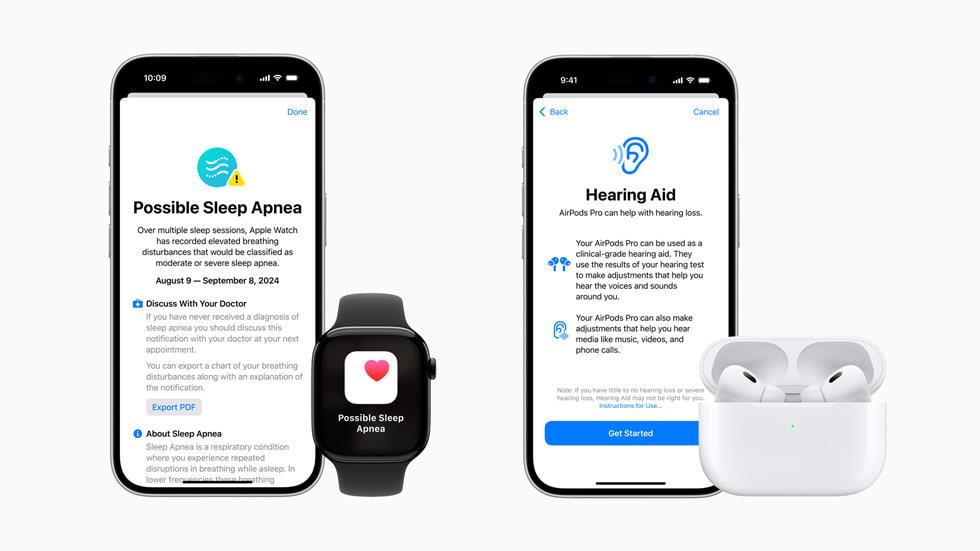
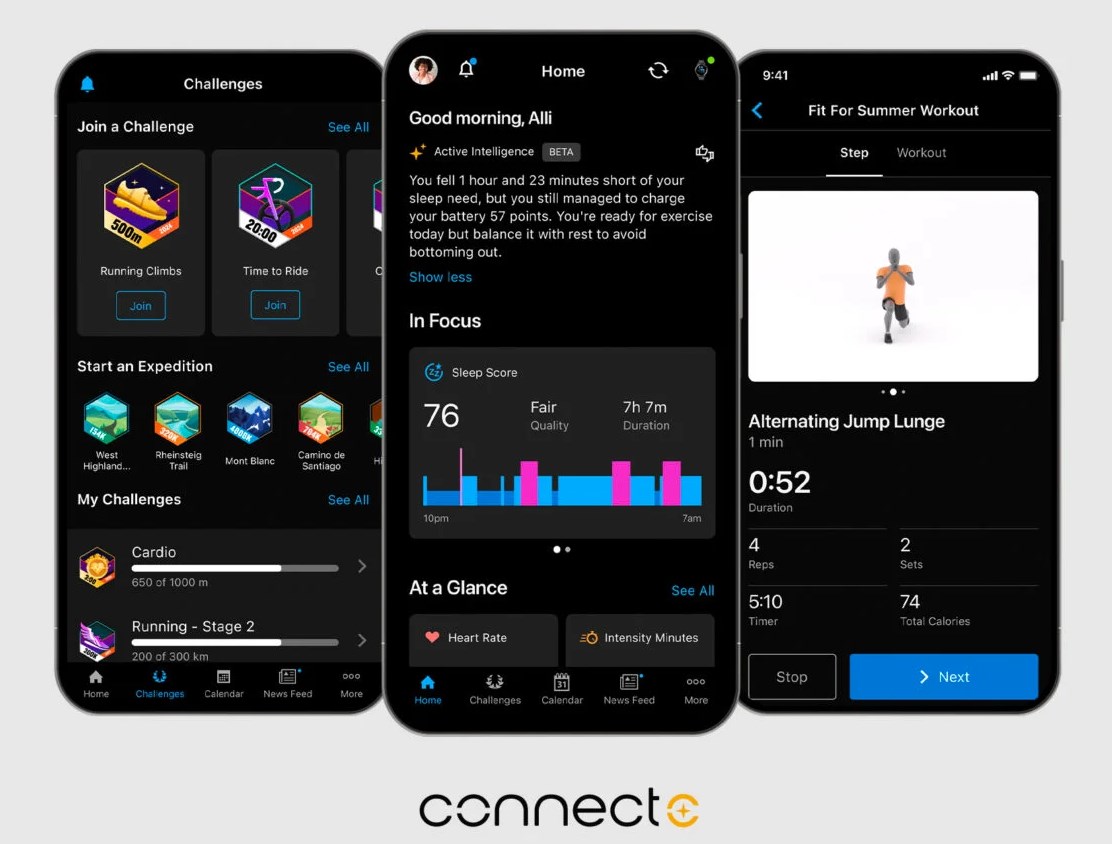


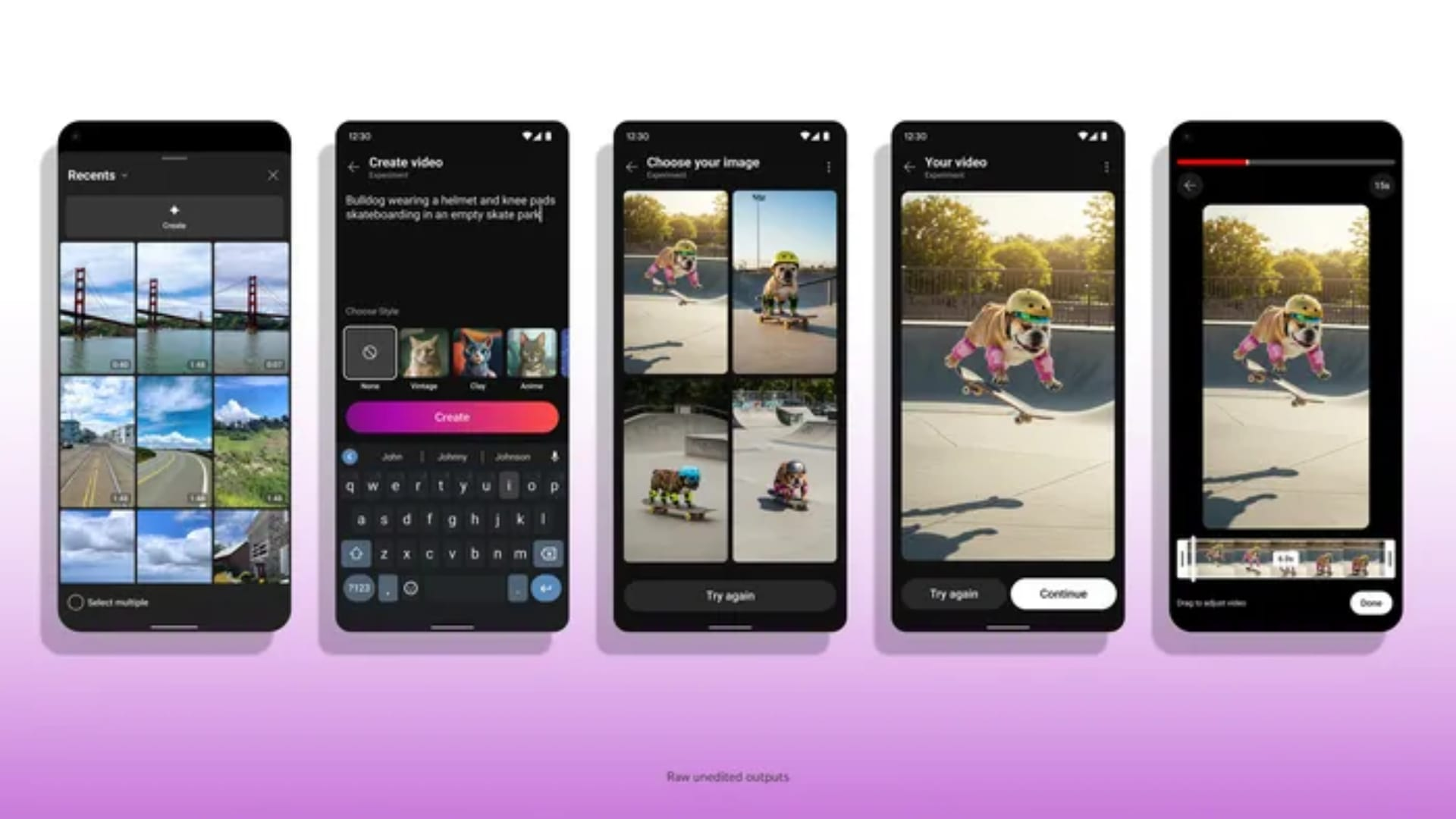

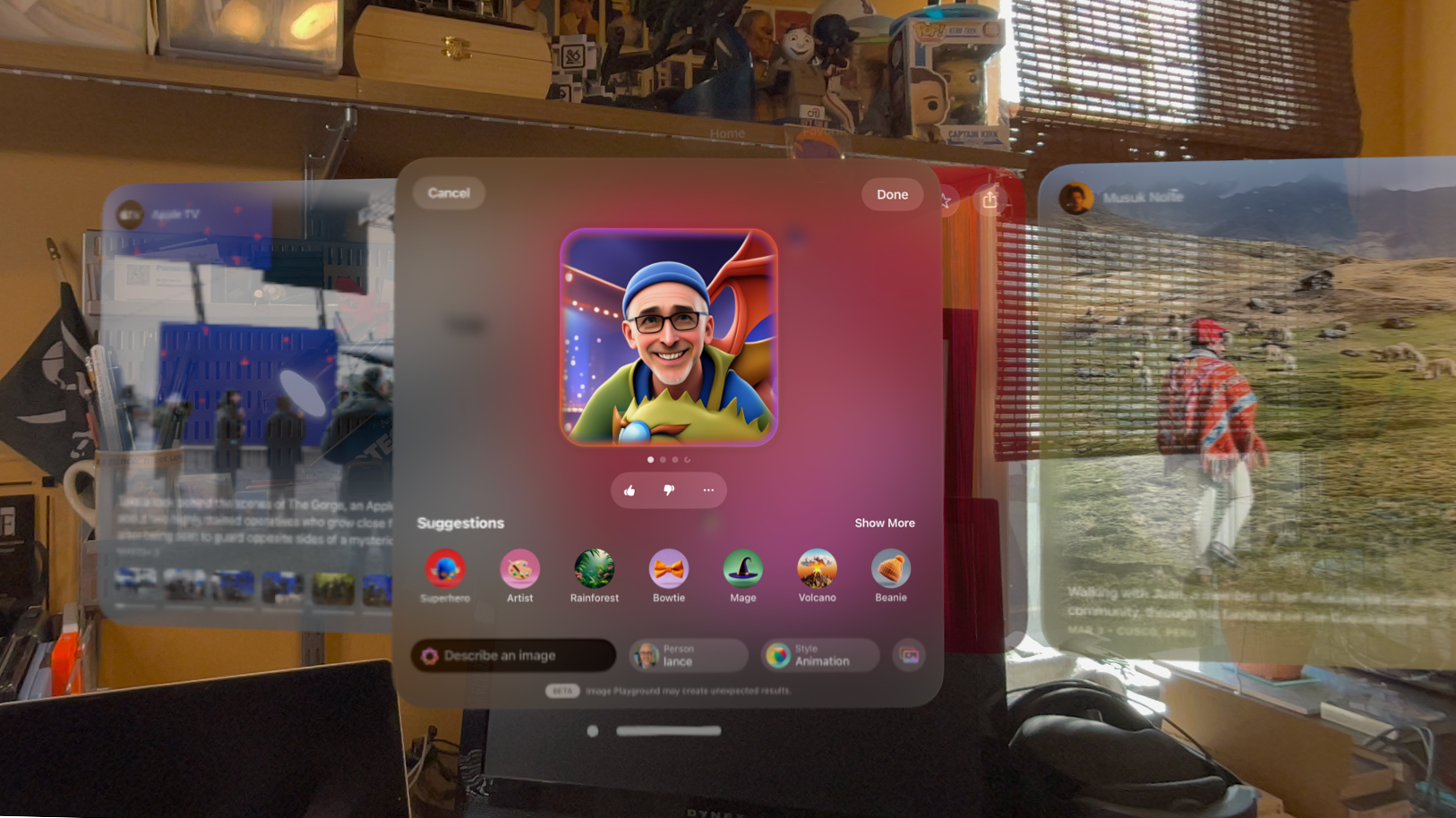













![Get Up to 69% Off Anker and Eufy Products on Final Day of Amazon's Big Spring Sale [Deal]](https://www.iclarified.com/images/news/96888/96888/96888-640.jpg)
![Apple Officially Releases macOS Sequoia 15.4 [Download]](https://www.iclarified.com/images/news/96887/96887/96887-640.jpg)


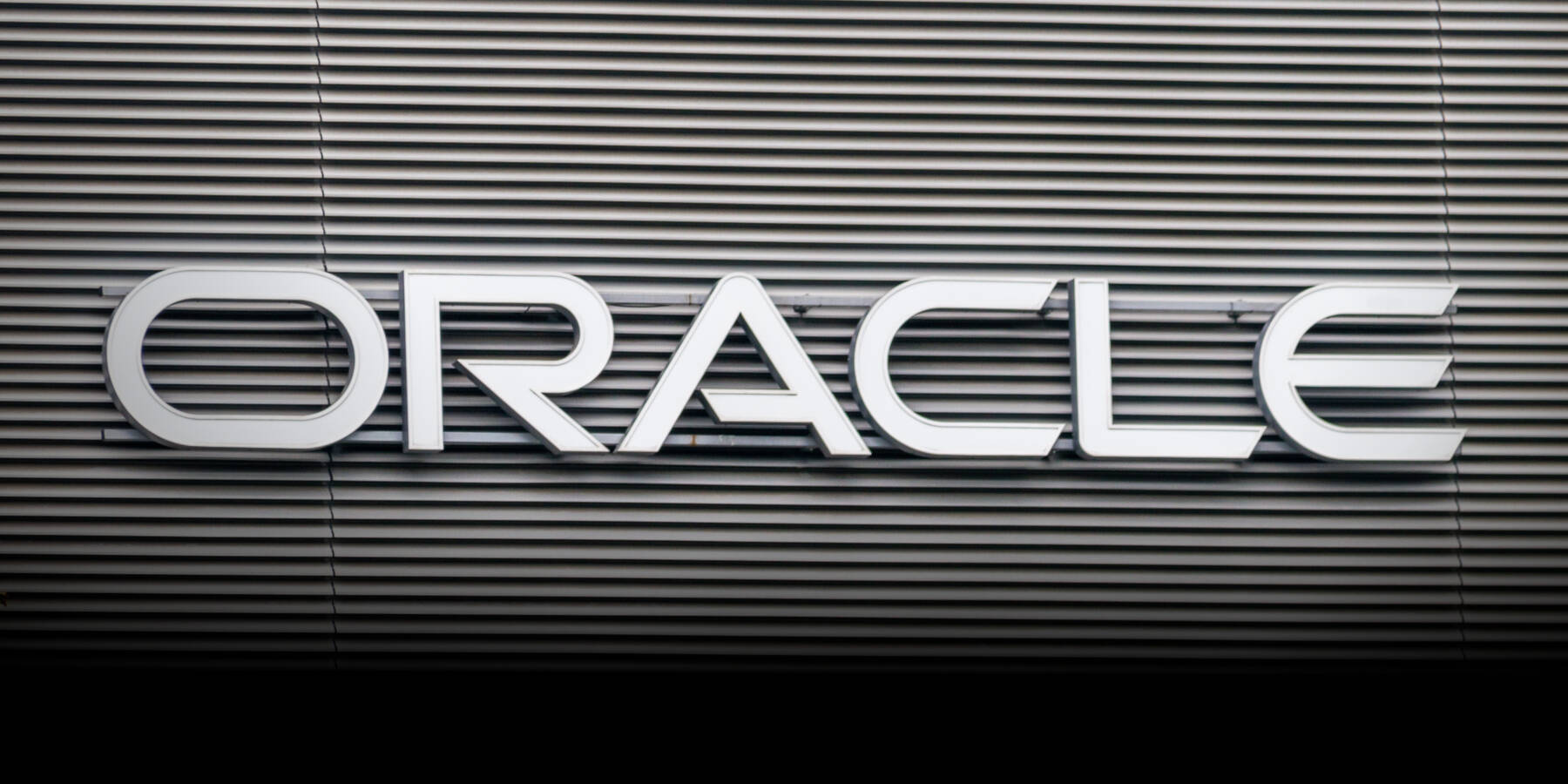












![Oppo ditches Alert Slider in teaser for smaller Find X8s, five-camera Find X8 Ultra [Gallery]](https://i0.wp.com/9to5google.com/wp-content/uploads/sites/4/2025/03/oppo-find-x8s-ultra-teaser-1.jpg?resize=1200%2C628&quality=82&strip=all&ssl=1)





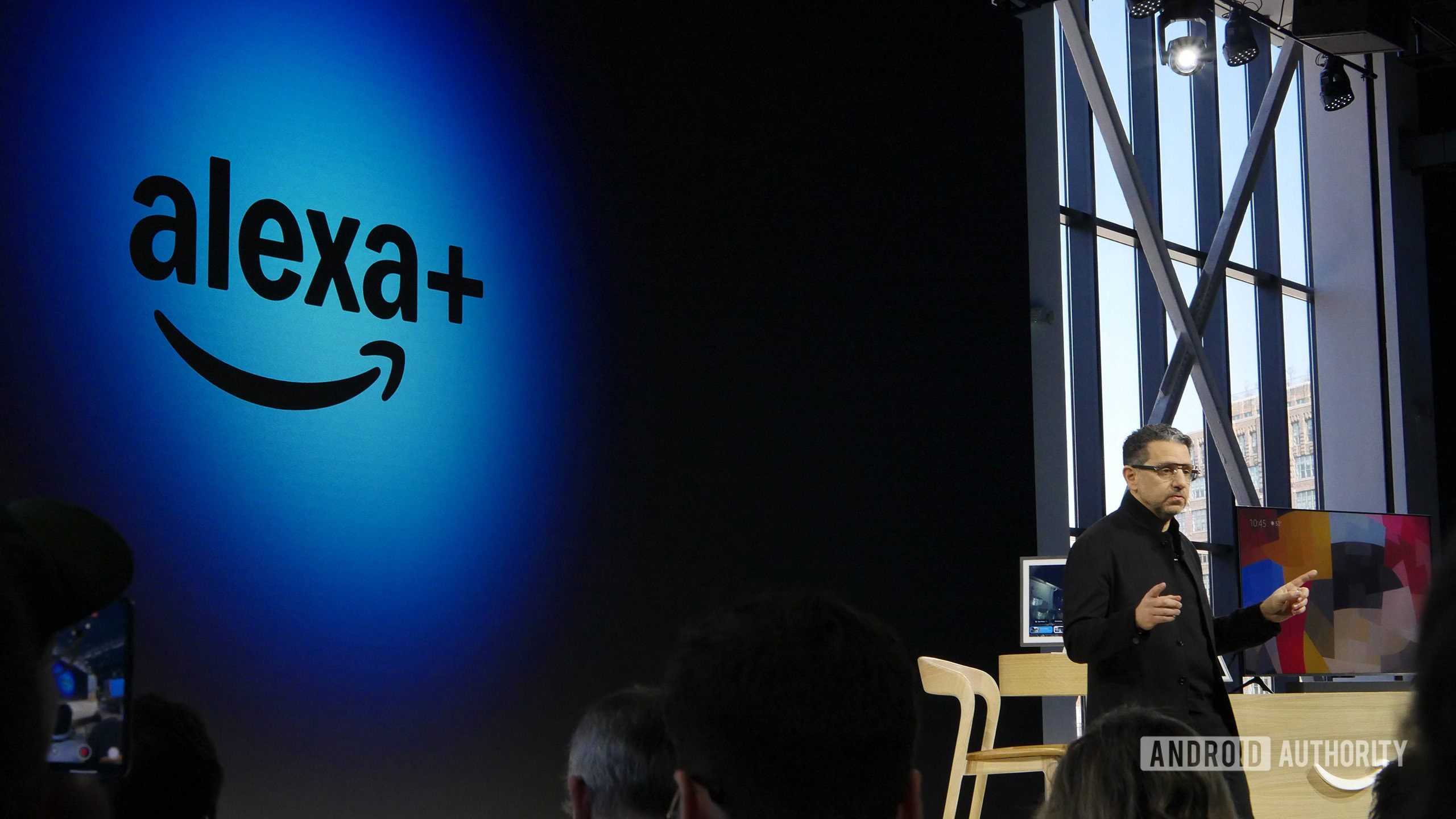




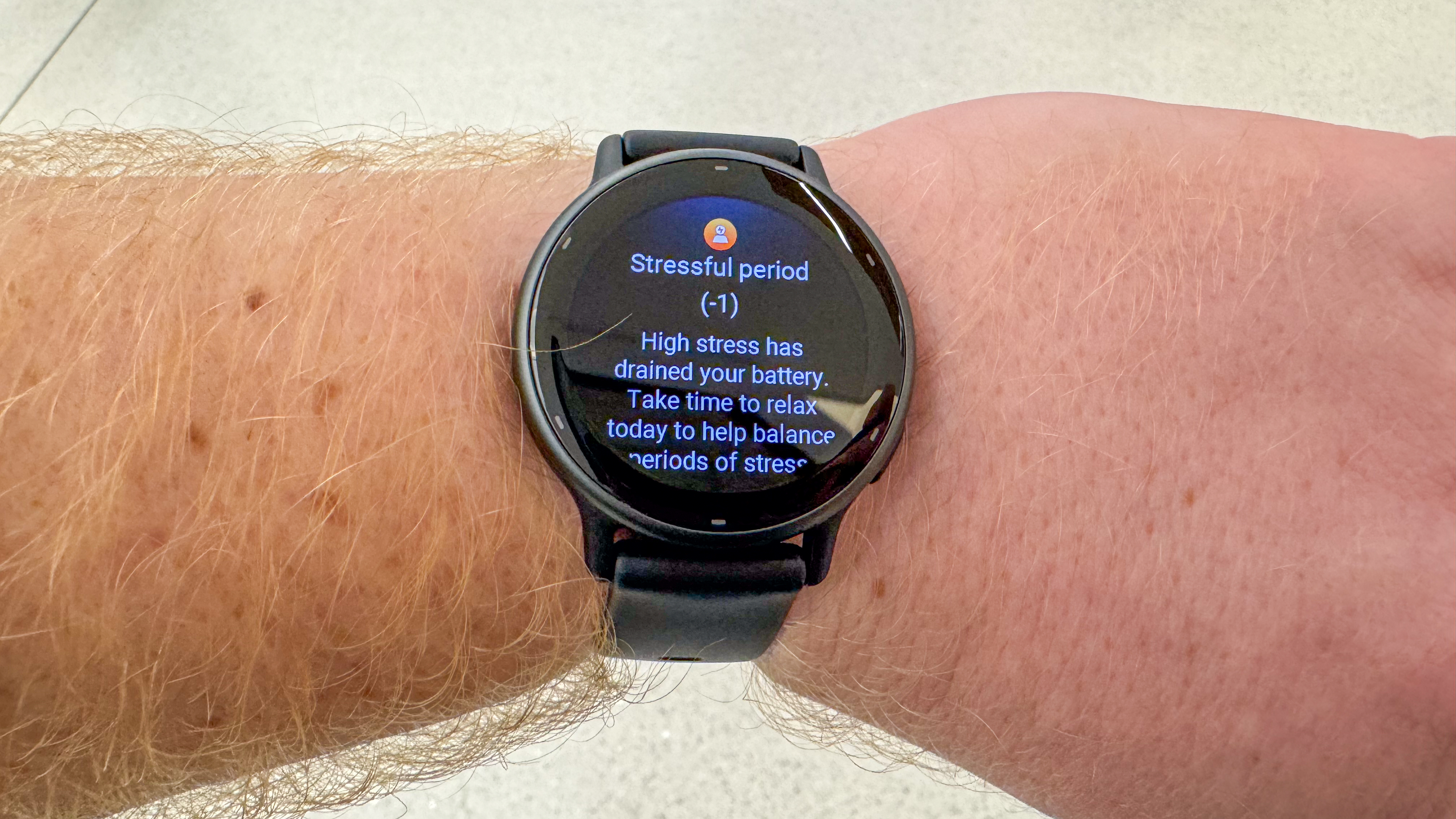

-xl-xl.jpg)


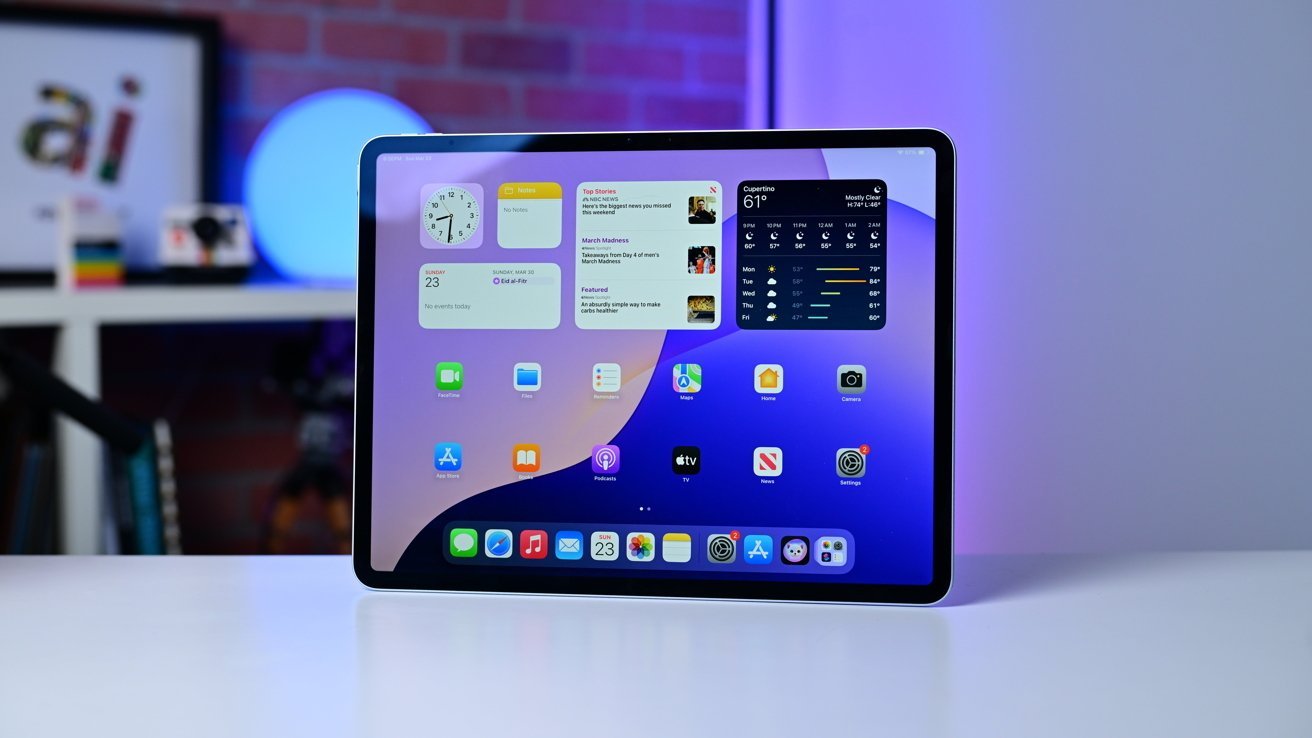

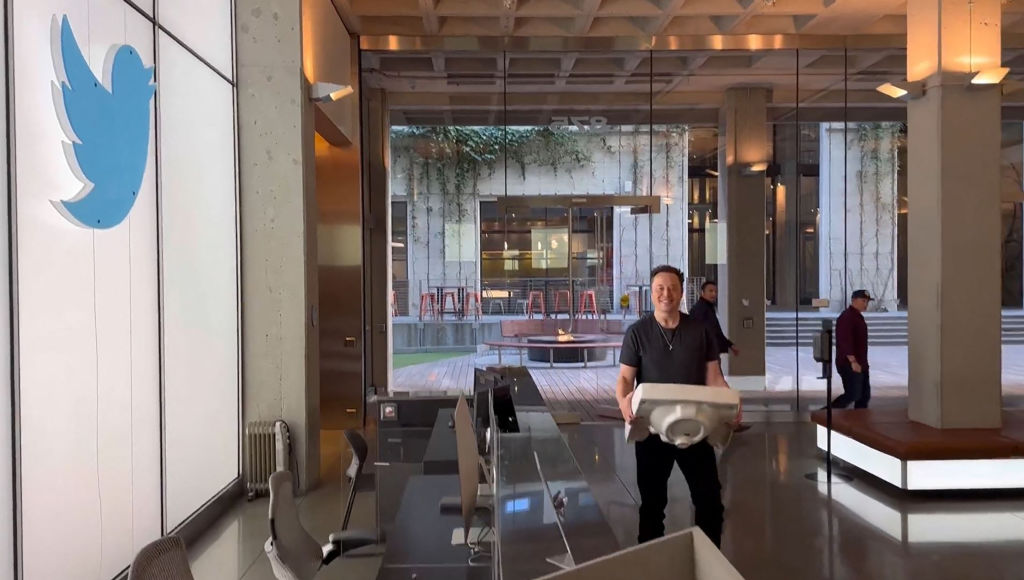






















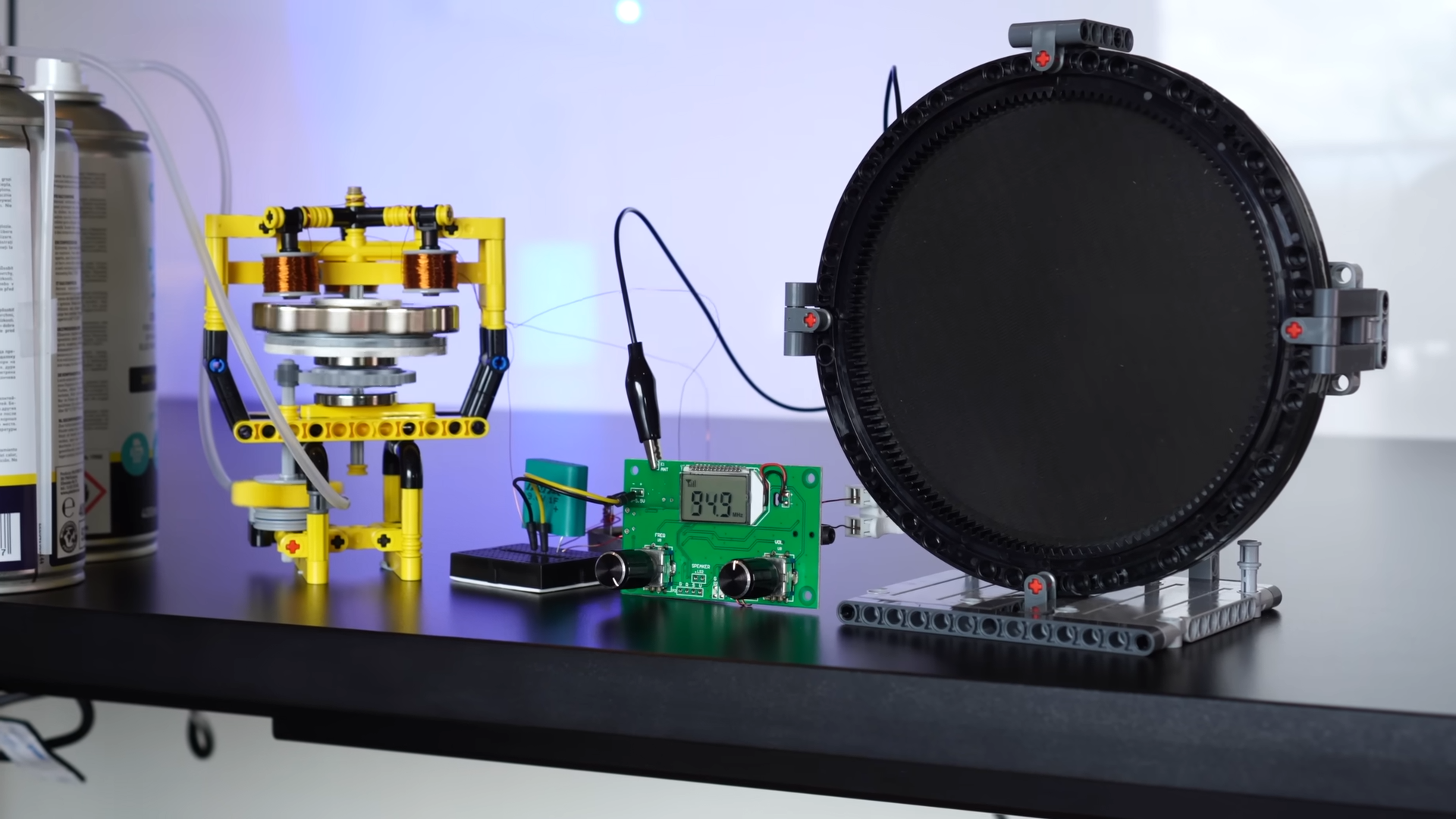

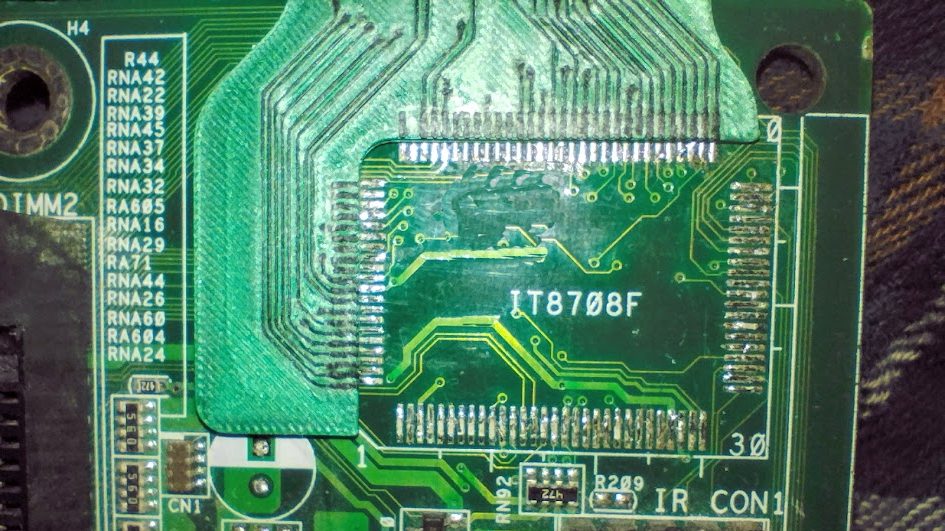





























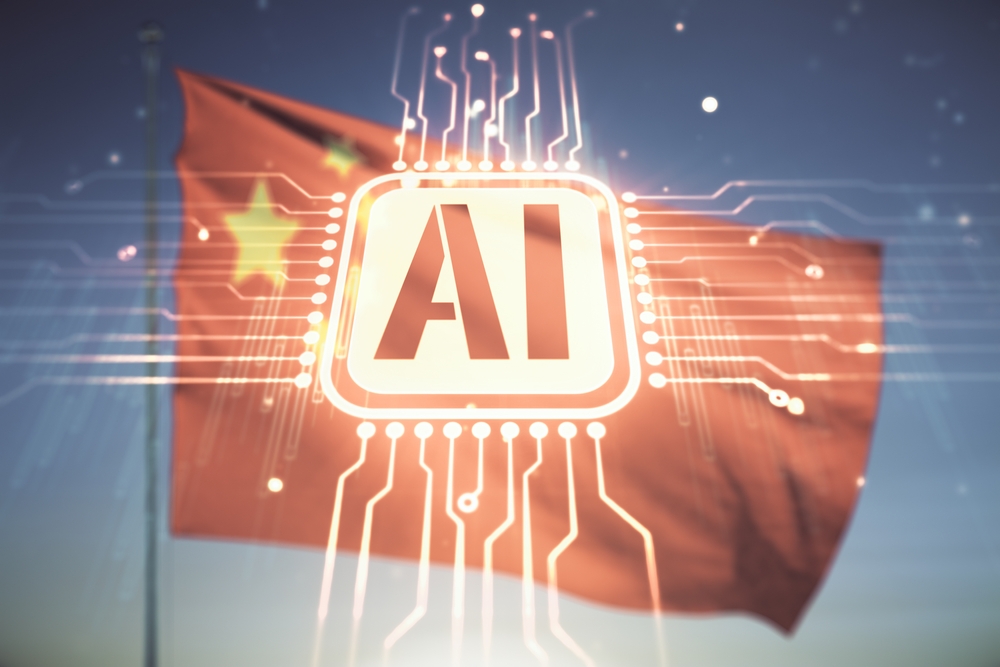






















































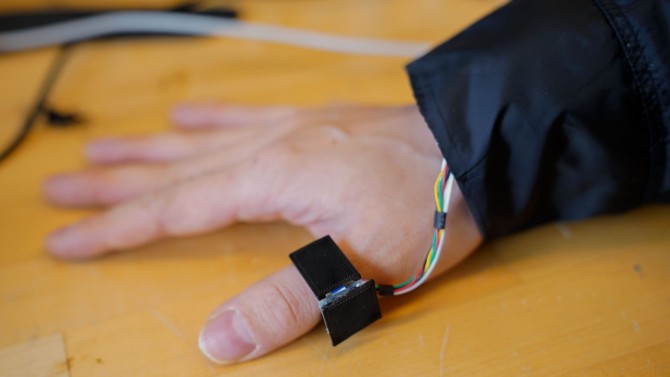






























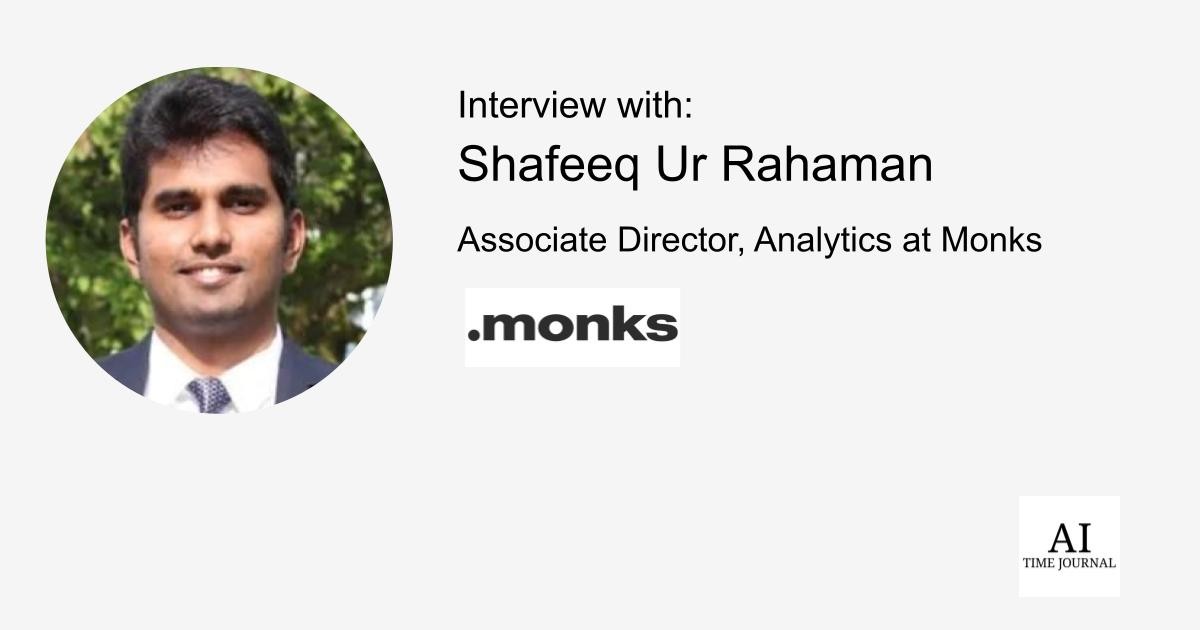





![[The AI Show Episode 141]: Road to AGI (and Beyond) #1 — The AI Timeline is Accelerating](https://www.marketingaiinstitute.com/hubfs/ep%20141.1.png)
![[The AI Show Episode 140]: New AGI Warnings, OpenAI Suggests Government Policy, Sam Altman Teases Creative Writing Model, Claude Web Search & Apple’s AI Woes](https://www.marketingaiinstitute.com/hubfs/ep%20140%20cover.png)
![[The AI Show Episode 139]: The Government Knows AGI Is Coming, Superintelligence Strategy, OpenAI’s $20,000 Per Month Agents & Top 100 Gen AI Apps](https://www.marketingaiinstitute.com/hubfs/ep%20139%20cover-2.png)
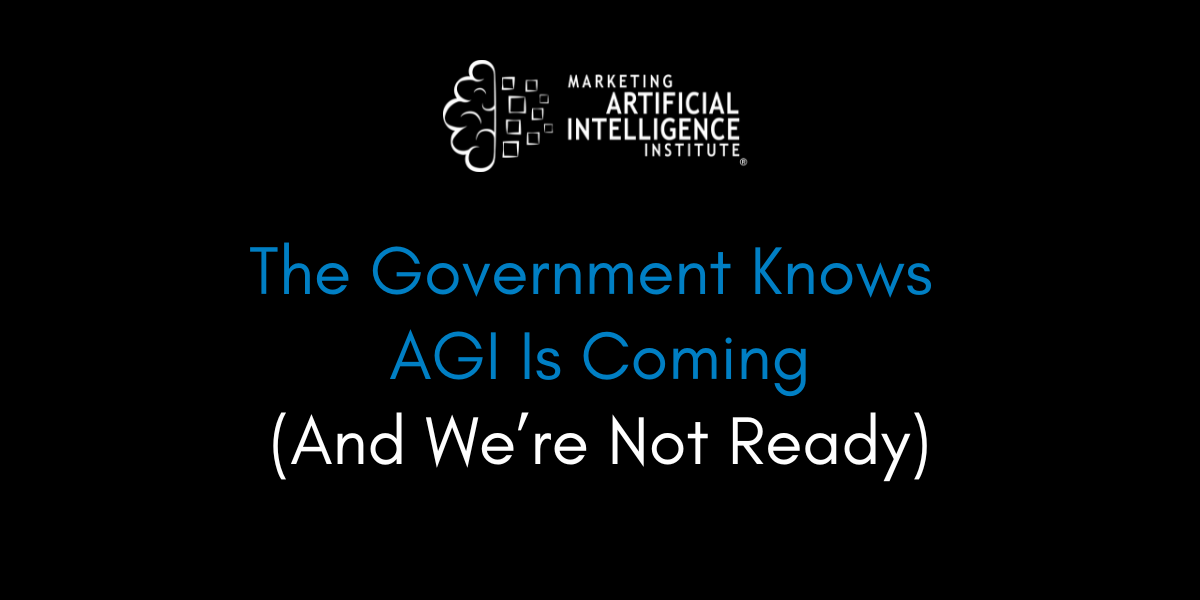





















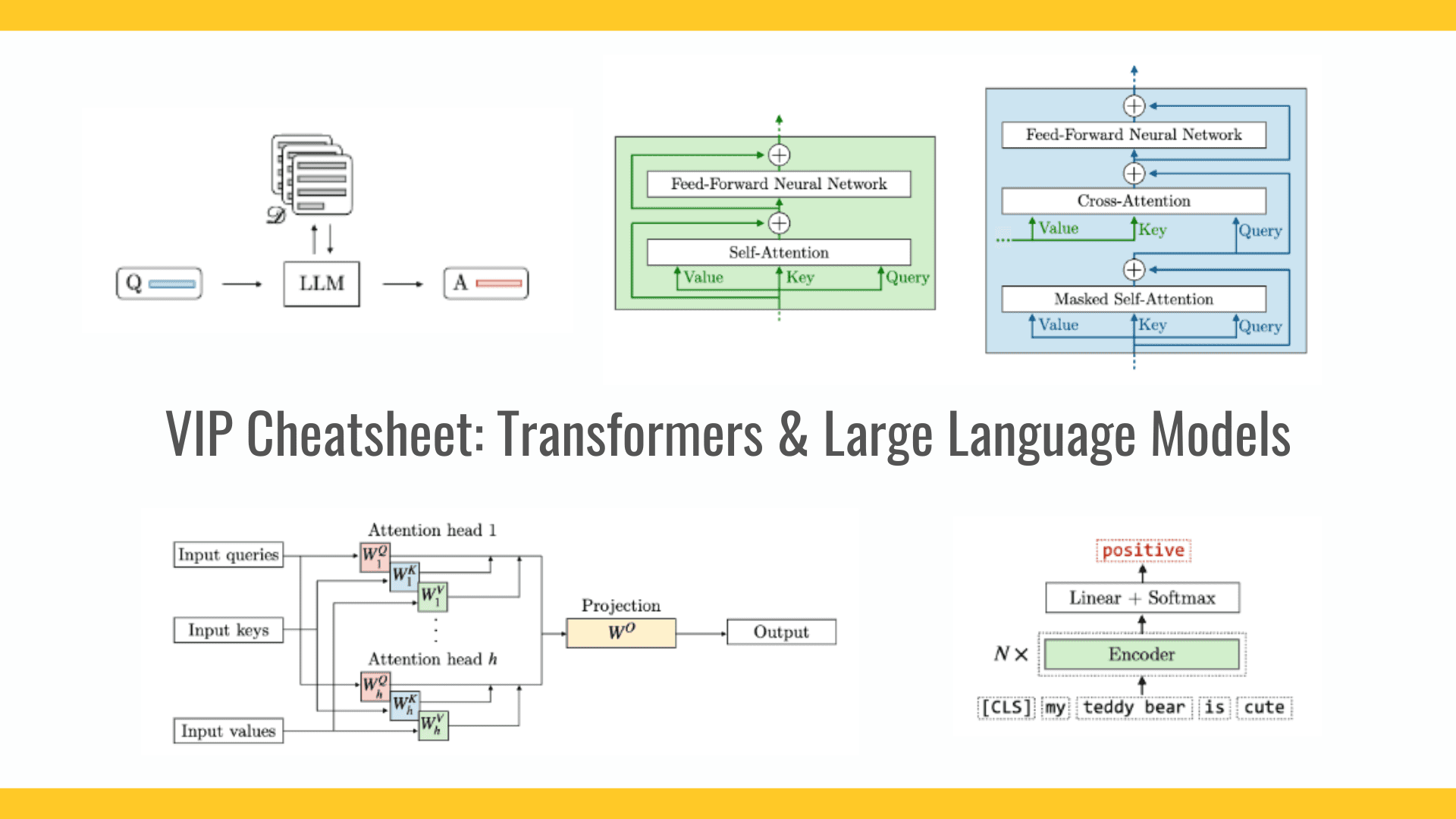


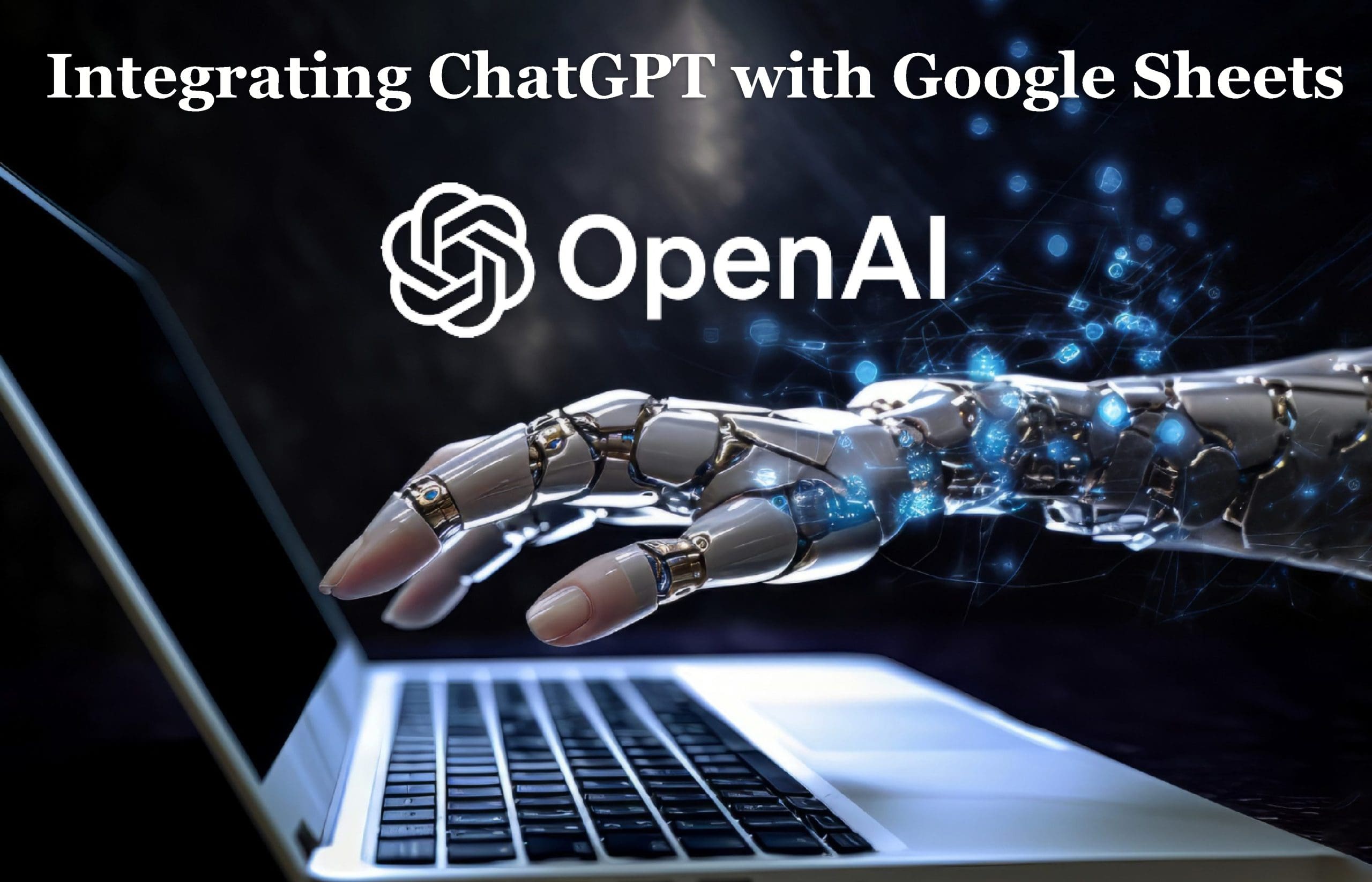




























































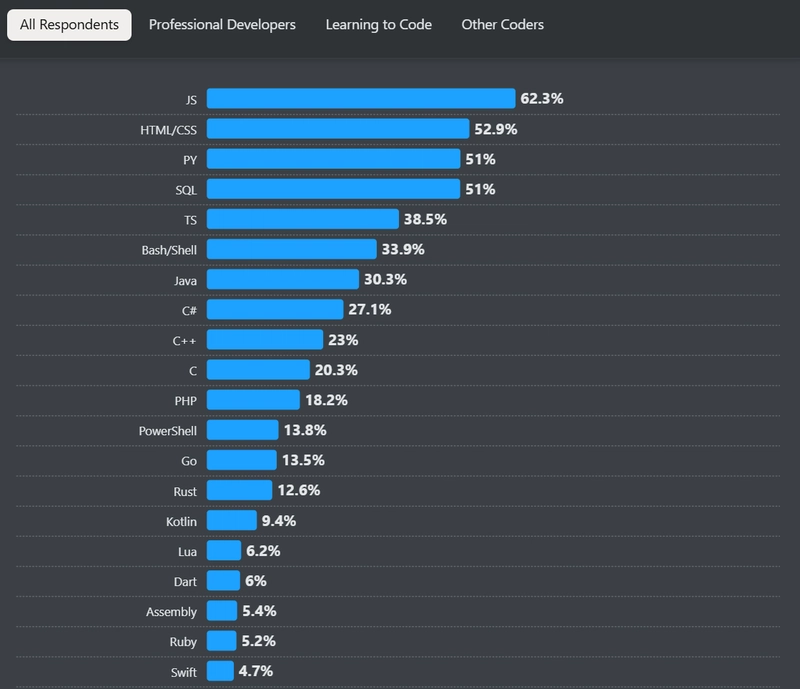


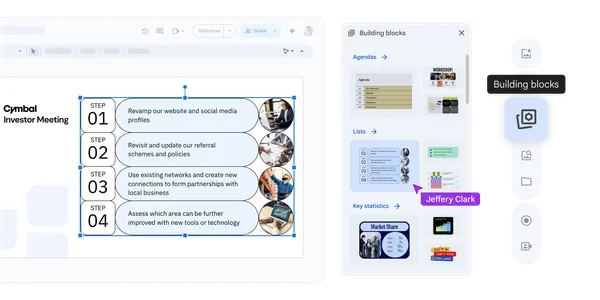
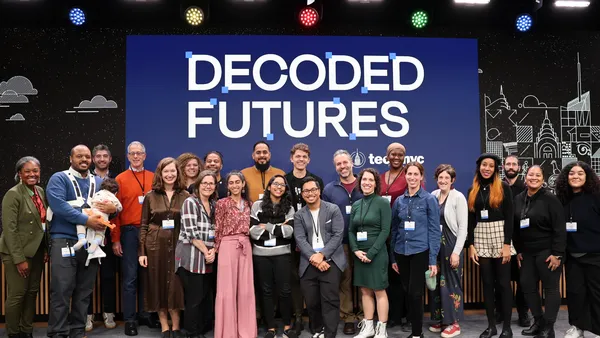
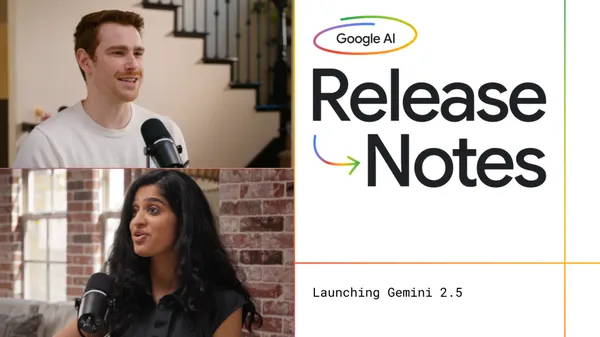
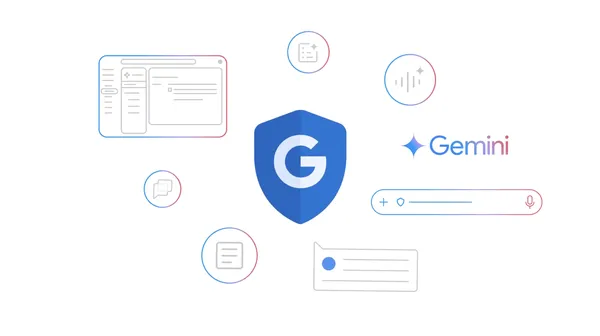






















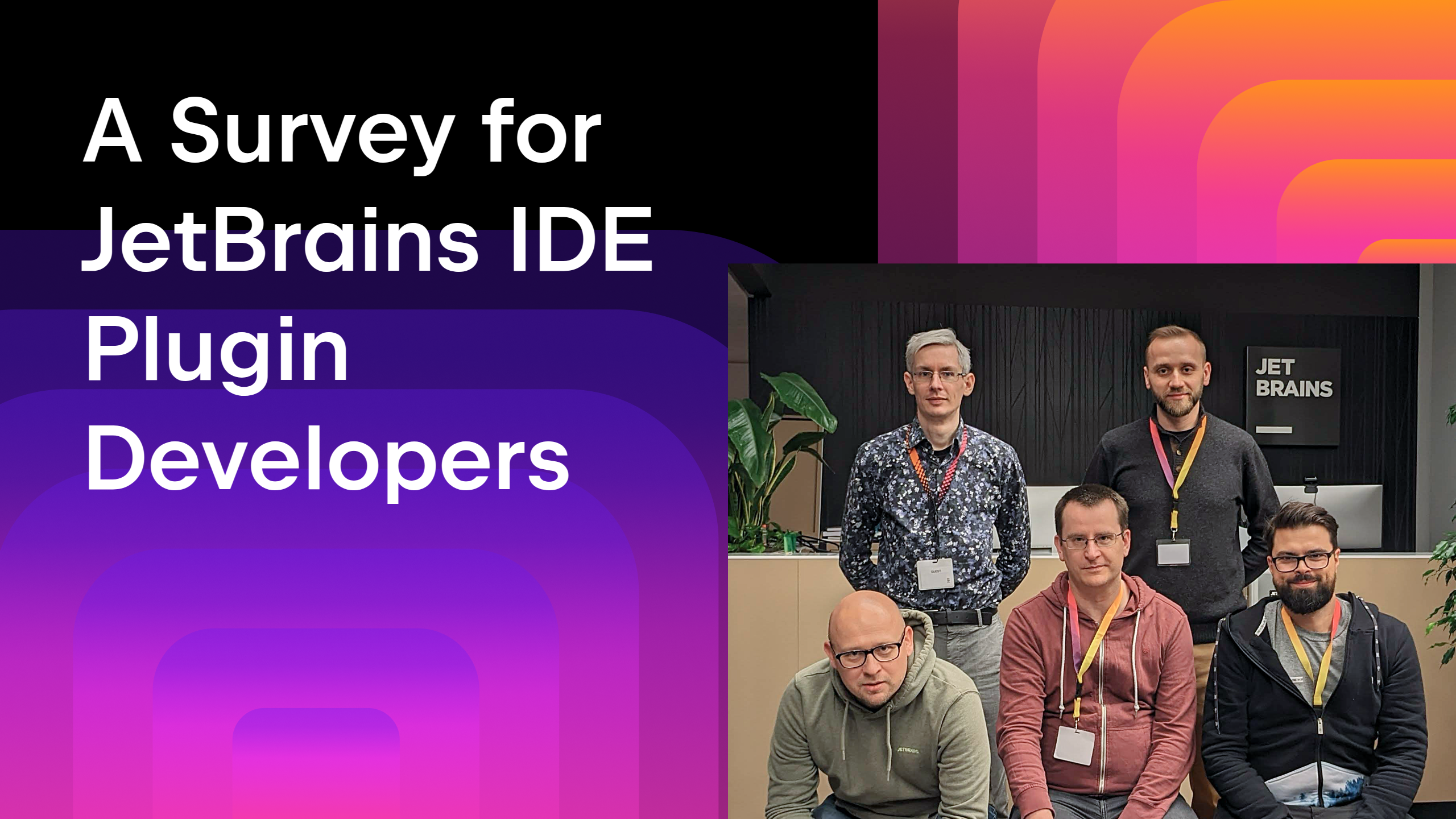
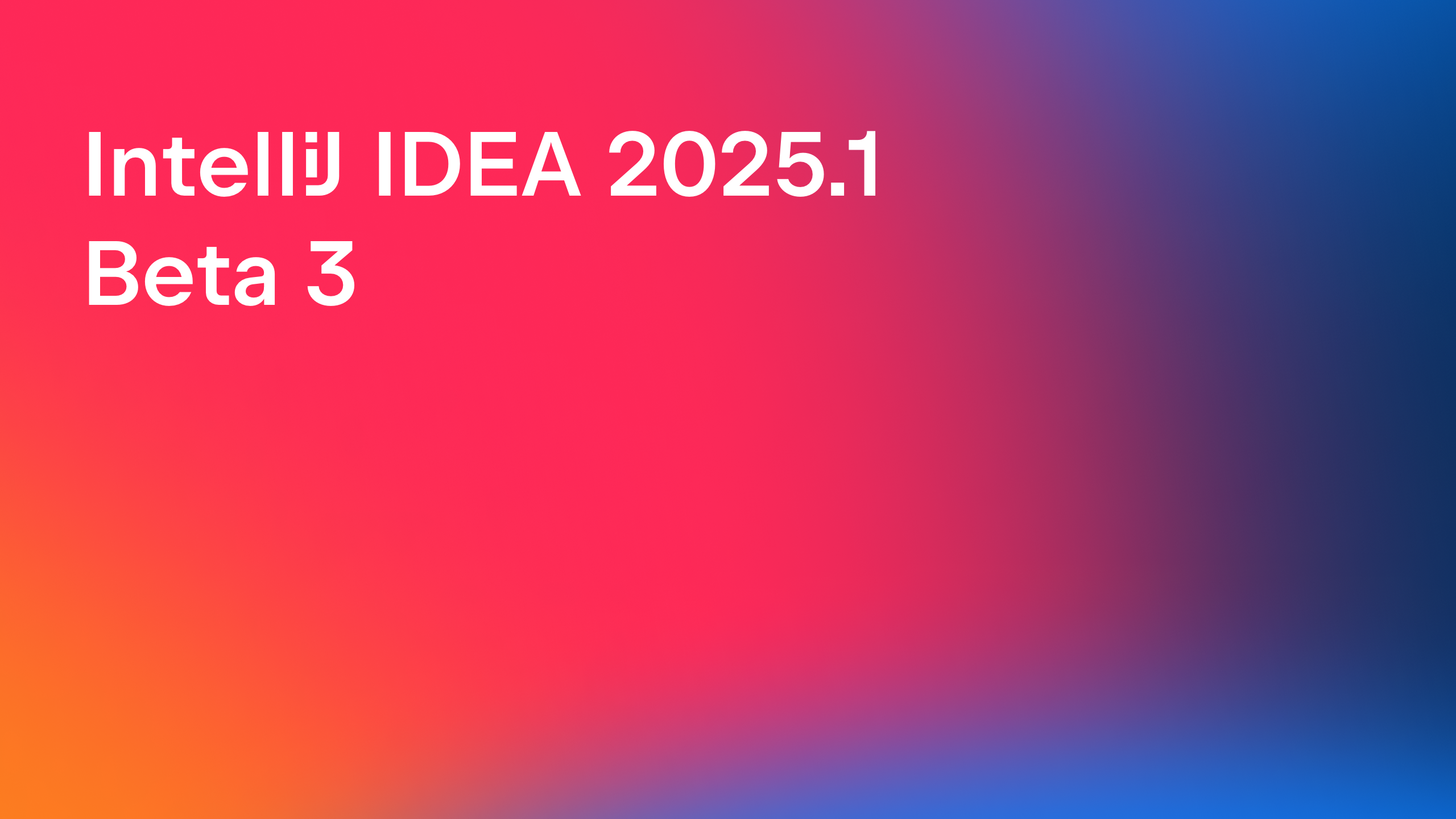
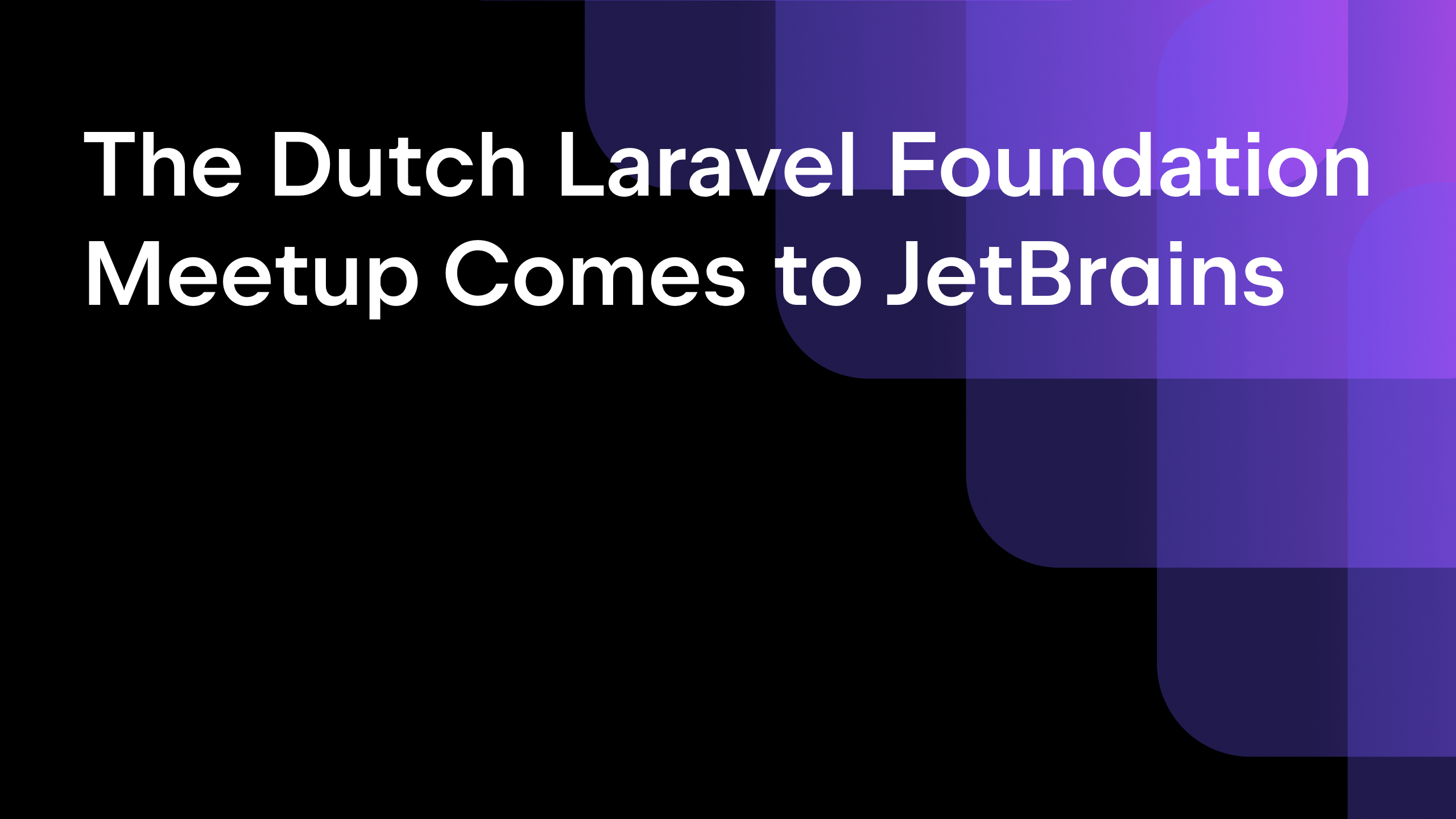






![From broke musician to working dev. How college drop-out Ryan Furrer taught himself to code [Podcast #166]](https://cdn.hashnode.com/res/hashnode/image/upload/v1743189826063/2080cde4-6fc0-46fb-b98d-b3d59841e8c4.png?#)

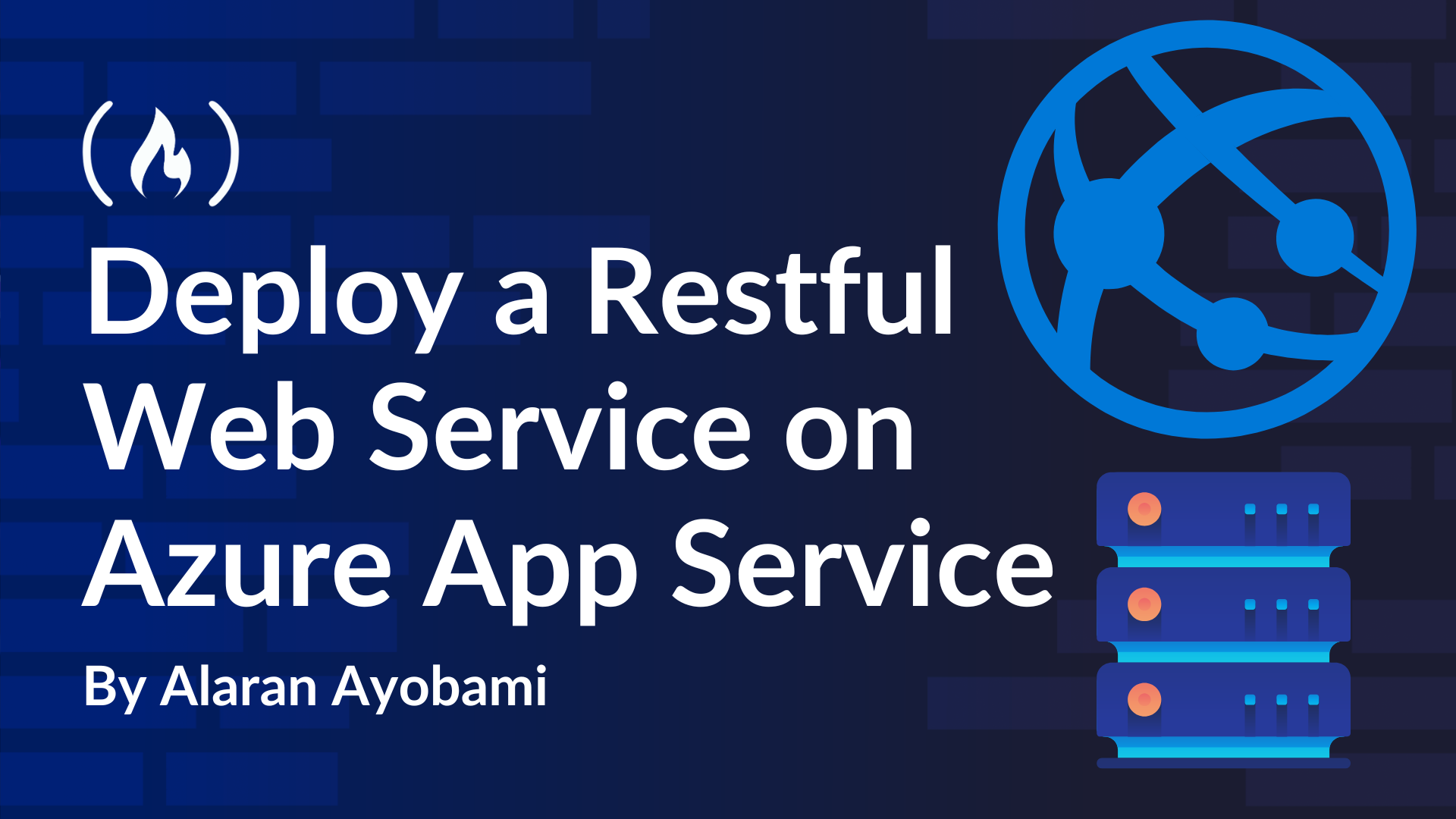
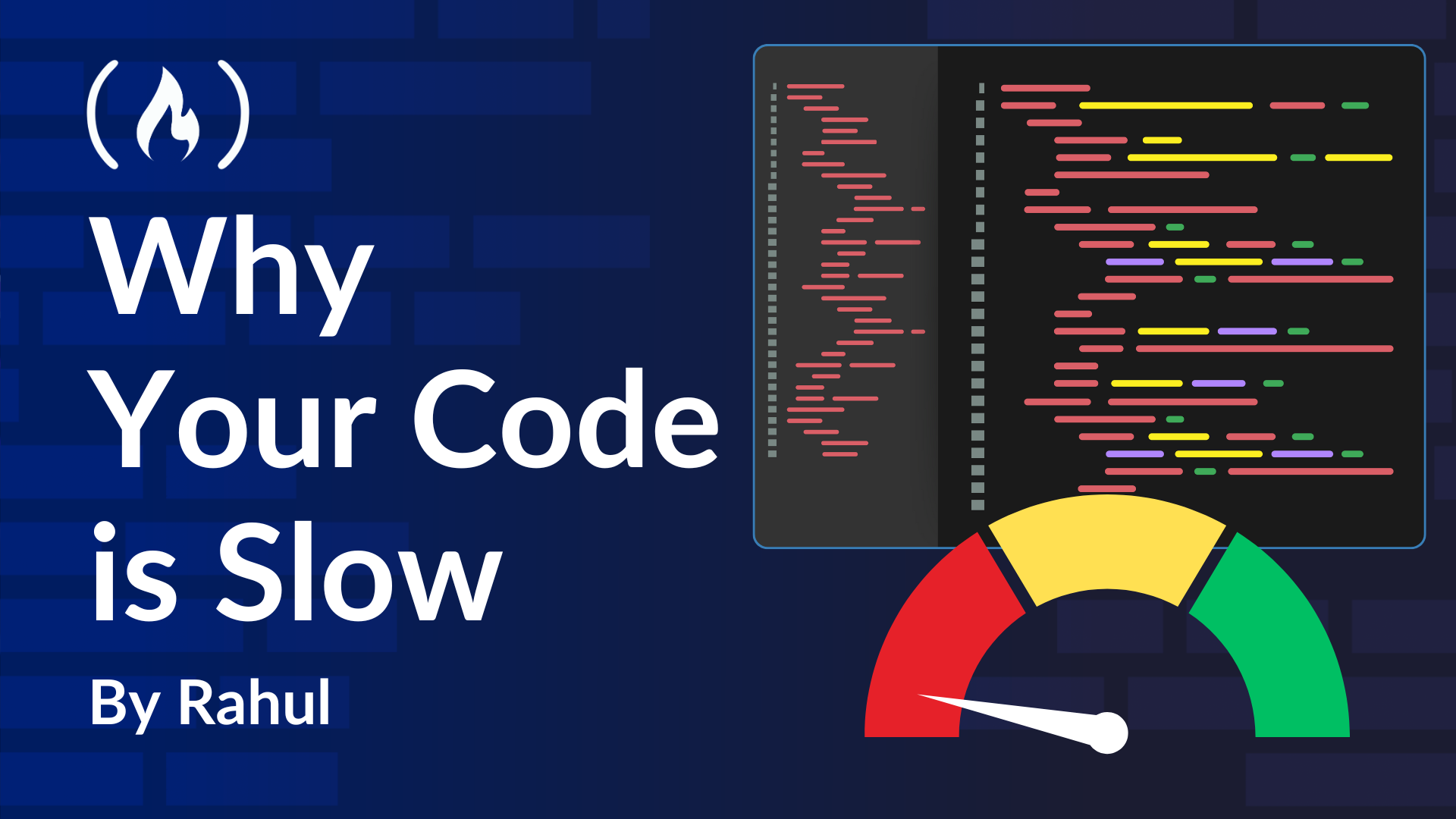













-1280x720.jpg?width=1920&height=1920&fit=bounds&quality=80&format=jpg&auto=webp#)












